An additive free guide to buying almond milk
This guide was created on the back of an AFK Community members question.
Do you ever ask what milk a cafe uses if you don’t use dairy? More and more cafes (in Queensland) seem to be using Milk Lab. This is the almond milk. Doesn’t look impressive
Based on the conversation that followed I was asked which brands would I recommend. I shared with the AFK Community that I always ask what brand of milk a cafe uses when I am out and about.
Whilst I would prefer to have an almond milk, the reality is that most cafes use almond milks that are laden with additives. I often make the choice to go back to dairy as it is the better alternative in terms of additives! Crazy isn’t it!
Unfortunately, the reality is that these barista blends as you will see have been formulated to ensure the best froth without taking health into account.
AFK Community favourite plant based milk
As you know there are soooooo many different options and products on the supermarket shelves. The AFK Community voted as to which was their preferred plant based milks. The results were:
Almond 51.2%
Coconut 22.5%
Rice 10.0%
Oat 8.3%
Soy 7.6%
Macadamia 0.4%
So with almond milk being the most popular by far, I set out to review over 30 different types of almond milk.
Is your almond milk laden with additives?
Reviewing these ingredients is always so interesting, especially when it initially appears to be a product with very few ingredients. I will tell you that there were over 40 different ingredients used across these 30 different almond milks!!
Across the 30 different almond milks I reviewed, over 40 different ingredients were used!
Please note – this is not an exhaustive list. This list represents the most popular brands as voted by the AFK Community. These rankings are based on my opinion and experience of reviewing ingredient only.
What ingredients should you expect to find in your almond milk?
Typical ingredients:
Water
Almonds
Salt
Sweetener (if its your preference)
These are the ingredients that you would use at home if you were going to make almond milk.
Examples of the ingredients I came across in the review:
Water
Water or filtered water
Almonds
Organic activated almonds
Organic almonds
Pesticide free almonds
Activated almonds
Almonds
Starches
Organic brown rice
Tapioca starch
Maltodextrin
Sweeteners
Organic agave syrup
Organic rice syrup
Organic sugar
Raw sugar
Cane sugar
Medjool dates
Salt
Murray River Salt
Sea salt
Salt
Oils
Organic sunflower oil
Sunflower oil
Anticaking agents
Calcium carbonate
Sodium bicarbonate
Acidity regulators
Ascorbic acid
Lecithin
Potassium citrate
Potassium phosphate
Calcium phosphate
Gums
Carrageenan
Locust bean gum
Xanthan gum
Gellan gum
Cellulose
Sodium carboxymethylcellullose
Flavourings
Natural vanilla flavour
Natural flavour
Natural almond essence
Flavourings
Vitamins
Calcium
Vitamins B12
Vitamins B2
Vitamins B1
What do you think when you see this list of ingredients?
We need to start questioning are these ingredients there for our benefit or the manufacturers?
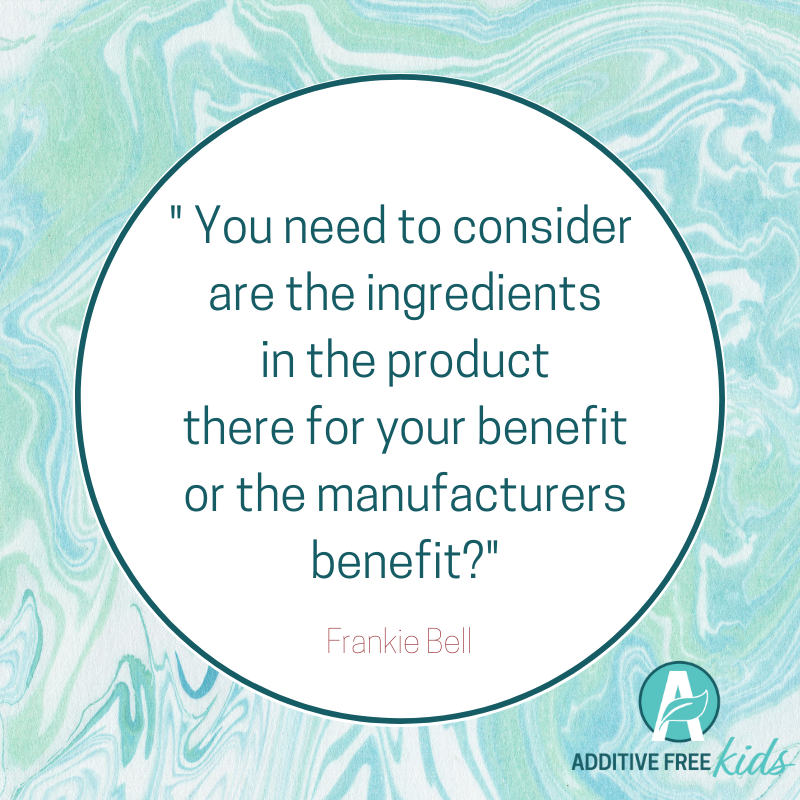
What do you need to consider when buying almond milk?
Everyone has a ton of different filters and criteria that they shop for. Lets look at some of the main categories in turn:
Water
Given most of the almond milk products are made from water, you may want to consider whether the water they are using is filtered or not.
Safe drinking water requires additives that you can usually taste in the water – such as chlorine, ammonia and fluoride. There is a lot of debate about these additives, however, most of the authorities believe that using the chemicals outweigh potential risks. Filtered water eliminates the contaminations.
Almonds
Normal, pesticide or organic almonds?
Next is the choice of almonds – normal, pesticide free or organic? Organic usually means that they are sustainably grown and processed without the use of any artificial inputs. You would want to check that they have certification. Pesticide free isn’t a strictly defined term. However, it usually means that farmers don’t apply synthetic herbicides, insecticides or their crops. Normal almonds would be grown using pesticides.
Activated or not?
Some almonds used are activated. Activating almonds requires pre soaking the almonds and allows them to be more easily digested.
Percentage of almonds used?
The other important thing to look out for when choosing an almond milk is the percentage of almonds used. In this review we have a range of 2% – 18%. You often get what you pay for. You will usually find the lower the almond percentage is, the higher the additives (gums for example) are to make the product appear thicker than it is.
Sweeteners
When it comes to sweeteners it is important to consider how processed the sweetener is. How close to its original source is it? Some of your sweeteners included in these almond milks are ultra processed.
If we look at organic rice syrup the process is usually: culturing rice with enzymes to breakdown the starches. They then strain off the liquid and reduce it by evaporating heating until the desired consistency is reached. What are these enzymes? Often they will add sprouted barley grains to the rice starch (if using a traditional method) or they will add bacterial or fungal derived purified enzyme isolates (the modern industrial method).
I have tried to find out more information from some of the suppliers regarding how the rice syrup has been made. I received answers such as “we are unable to share any more information around the process, as this is related to our IP”
For those that have followed Additive Free Kids for a while, real ingredients don’t need intellectual property protection. As a result I have classified this ingredient as highly processed in my review.
Gums
So many different types of gums are used in the products with low percentage of almonds! These include Carrageenan, Locust bean gum, Xanthan gum, Gellan gum.
Why are these added to almond milks?
You can see that the products that use a higher percentage of almonds don’t require these ingredients. Carrageenan for example is used to thicken, stabilise or give a gelling consistency. This particular additive should be avoided for those that are sensitive to MSG. You will see manufacturers starting to distinguish their products as carrageenan free. With most of these gums they are a highly processed ingredient.
What you need to remember and consider – are these gums in the product for your benefit or the manufacturer’s?
Flavourings
Whilst most of the flavourings added are natural flavourings or almond essence flavouring sound benign, we know that natural flavourings aren’t any better than artificial flavourings. Read our blog: What are natural flavours and should you avoid them here to learn more about natural flavours.
Again, there is a correlation evident – the lower the percentage of almonds, the higher the presence of gums and flavourings.
Extracts
You need to keep an eye out for extracts – in the case of almond milk, vanilla extract. I’d love to share with you an example of what I discovered whilst reviewing Nuts by Nature Mylk almond milks.
Looking at the ingredients list on first glance looked good. However, I know with all my experience of reviewing tens of thousands of products and ingredients lists that vanilla extract isn’t always what you think it is. There are so many different forms. They aren’t all equal.
When I asked Jason if he could provide me more information on the vanilla extract that was used, he was more than willing and quickly sent it through.
When I dug down to the next level of ingredient review, it uncovered that the vanilla extract had the following ingredients:
Vanilla bean extractives (40%)
Vegetable based glycerin
Sucrose
Xanthan Gum
Natural flavour
Natural caramel colour
Water
As you can see in this one ingredient that is listed on the label, there are another 7 ingredients that sit behind it!! When you read this list, it conjures up very different images to that of a vanilla bean.
Jason was horrified.
Here he was trying to make an amazingly clean product and it was let down by this vanilla bean extract.
The vanilla bean extract was sold as:
“an essential product for any baker, providing a natural and convenient way to flavour your favourite recipes. This versatile extract creates a rich scent of vanilla. Natural, unique and undeniably delicious”
As you will see in the rankings below, Nuts by Nature Mylk is ranked harshly for all these additional ingredients hiding in the vanilla extract. It seems so unfair when Jason was trying to do the right thing!
Not all is lost though!
Jason being such a passionate man about clean ingredients, healthy living and a barista, he was on the phone to me straight away. This vanilla extract will be removed in the near future – and the product will be a 100% Almond Mylk Base, including the barista option (see more below). Once this product is released I will update the rankings below to reflect the change of ingredients.
Vitamins
Some people are basing their purchasing decision based on whether their almond milk contains vitamins.
What I need you to think about is….these vitamins are usually synthetic.
Synthetic vitamins are usually isolated nutrients and are usually made artificially using industrial processes. Ideally if you are wanting to supplement with vitamins you would want to look out for whole food supplements. These are usually concentrated, dehydrated whole foods.
Natural supplements will list food sources or are labelled as 100% plant or animal based. If you see nutrients listed individually such as Ascorbic acid (Vitamin C), Vitamin B2 etc these are likely to be synthetic. Most of the vitamins listed in this almond milk review are listed individually.
Your body reacts differently depending whether you are using natural or synthetic vitamins. When you are eating whole foods, that whole food comes with a lovely range of vitamins, minerals, co-factors and enzymes. These ensure optimal use by your body. By isolating the nutrients away from these additional compounds they are unlikely to be used by the body in the same was as natural nutrients.
So ideally, you would want to be getting your nutrients from whole food sources. Synthetic vitamins shouldn’t replace a healthy balanced diet.
These are just the considerations I go through when ranking the almond milk ingredients. These rankings are my opinion only. You will need to determine what is most important for you and what you value most. Let’s get ranking….I know you are keen to see the results.
This guide ranks almond milks according to additive impact and the degree of processing of ingredients. These are NOT all additive free.
You will see that I have ranked the almond milks into 4 categories:
AVOID
These almond milks contain some or all of the following ingredients: flavourings, anti caking agents, gums, synthetic vitamins and acidity regulators.
OK
These almond milks contain some of the following ingredients:
anti caking agents, gums, synthetic vitamins and acidity regulators.
BETTER
These almond milks contain some of all of the following ingredients: gums, and highly processed ingredients
BEST
These almond milks are completely clean and free of additives.
How does your almond milk rank?
Almond milks – AVOID
Almond milks – OK
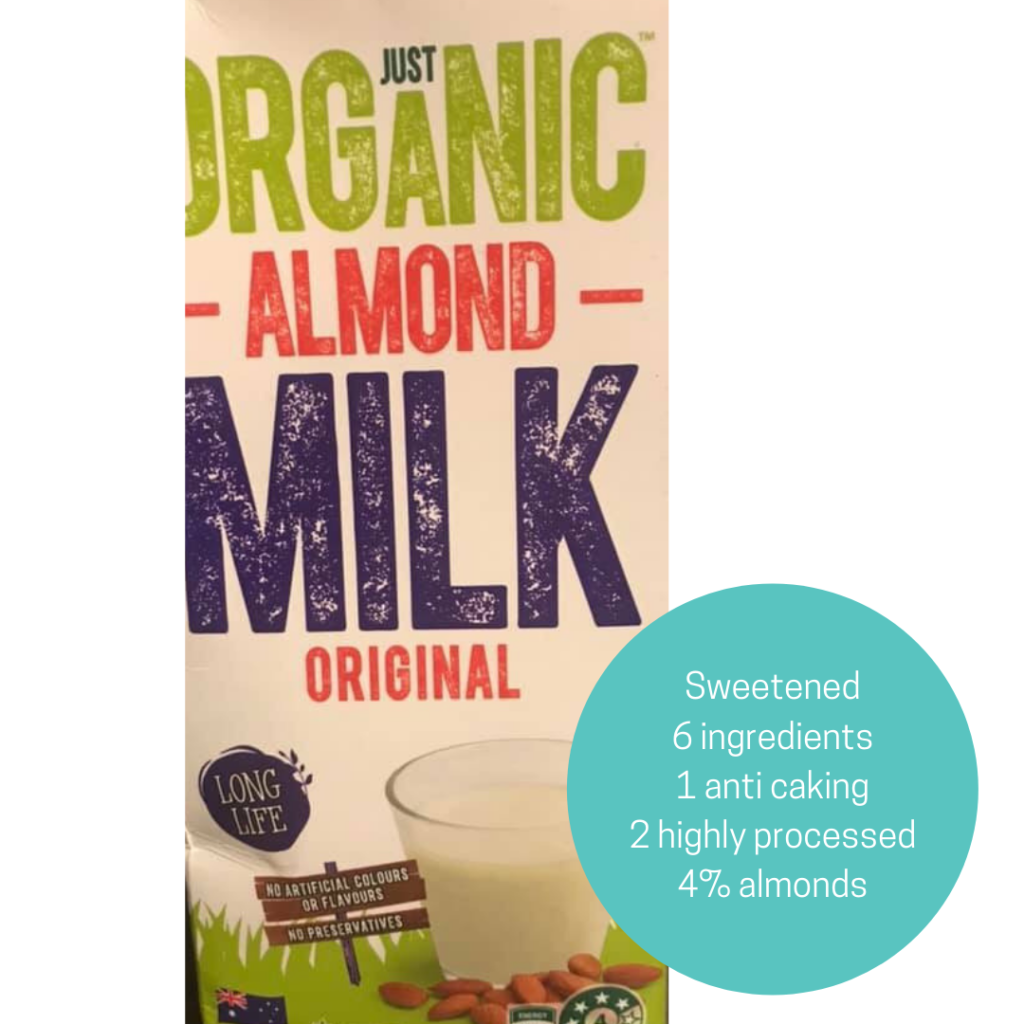
Almond milks – BETTER
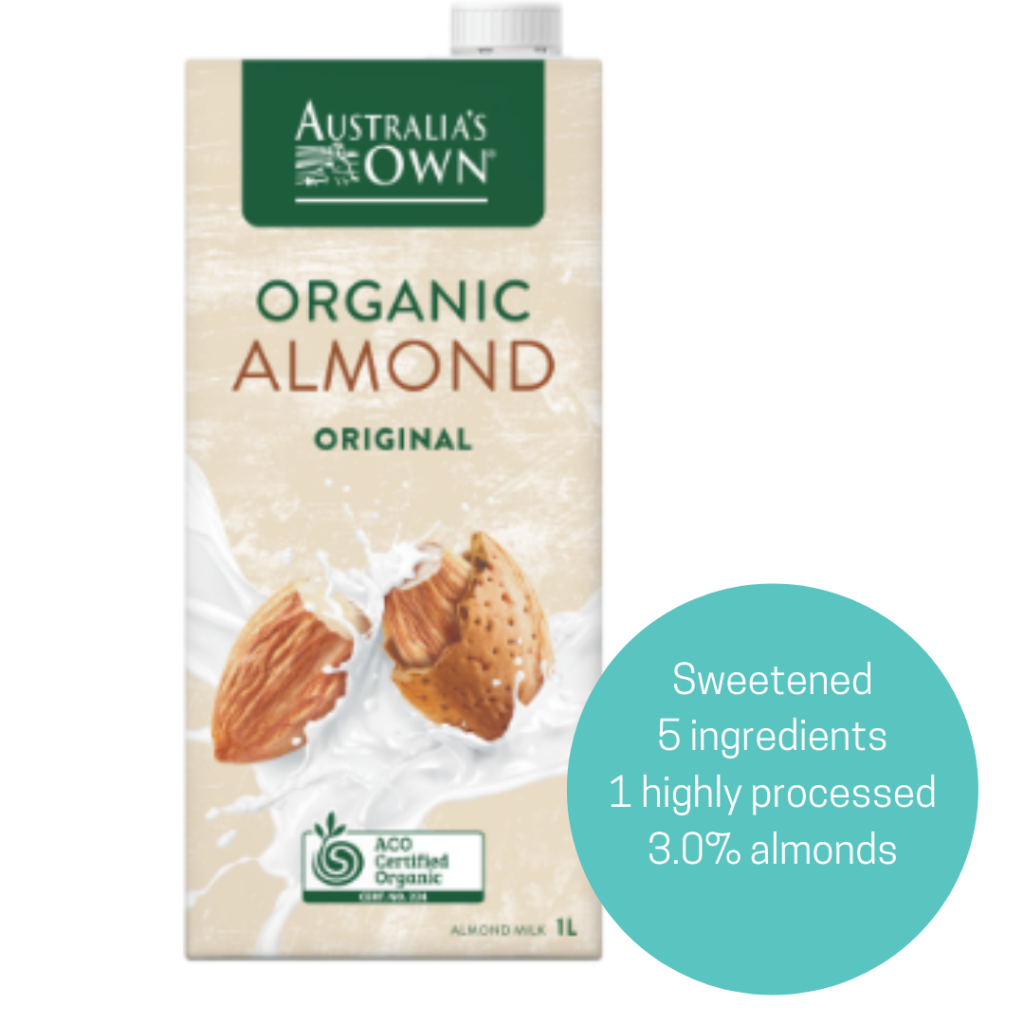
Almond milks – BEST
Additional observations from my review
Cleaner labels – Some of brands will try and clean up their ingredients label to sound better than it is and will shy away from using additive numbers.
Manufacturers get caught out too – some times manufacturers are duped too (as we saw with vanilla extract), even when they are trying to do the right thing and create a superbly clean product. They are sold a product and told its all natural. The devil is in the detail!
Fresh is best – when looking at milks in the supermarket – the highest quality product, with the highest concentration of almonds has the shortest shelf life. The lower the concentration of almonds, the higher the amount of additives, the longer the shelf life.
Organic doesn’t equal additive free – just because a product is organic it doesn’t mean it is additive free or free from ultra processed ingredients
The importance of froth – obviously some of these milks will froth better than others. They have been designed to do so. They have added gums and other additives to facilitate this. Just before I was about to publish this blog I became aware of another product that will be 100% almonds and capable of great froth too.
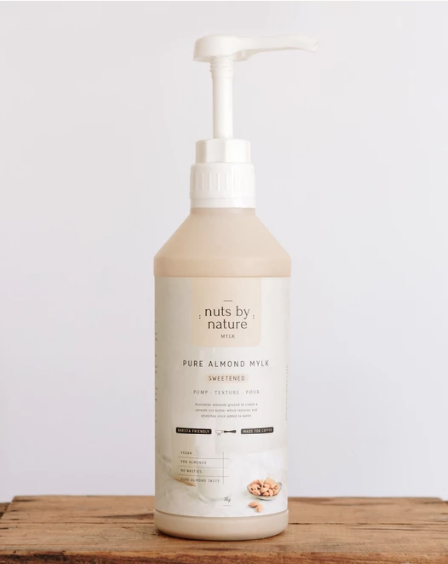
It has been made by a barista for baristas.
Most almond milks will separate in your coffee if they don’t have additives. This product, won’t separate with your typical flat whites or coffees that are mostly milk. I am going to check it out next week and let you know what I think (by the way I’m not a coffee drinker! I will test it out with my chai).
Whilst at the moment this product contains the vanilla extract, when it is removed, I bet its going to be the best new upcoming product for baristas.
It ticks a lot of boxes:
– no almond waste (except the skin) – the whole almond is used.
– reduction in carton wastage (1 container gives 66 serves as opposed to a traditional 1 litre container that may give 4-5).
– use when needed – no extra wastage with milk going off if not used in time, has a one year shelf life.
I will update the blog and let you know when it is released.
In short, keep in mind the following when buying almond milks
Keep it simple….the simpler the better!
Consider how processed the ingredients are.
Would you use these ingredients in your panty?
Have your say:
Chat to your local cafes, ask them if they would consider stocking one of the brands with less additives. Remember they want your repeat business – most will be happy to make their customers happy! Support the cafes that are stocking the products you love.
All the hard work done for you…
As you can see it takes a lot of time and effort to review each ingredient in every product. Something the typical consumer just doesn’t have time to do. Big Food manufacturers are relying on this. They know you are time poor. They know you love convenience. It is hard and time consuming.
Here at Additive Free Kids, we want to empower each consumer to vote with their dollar every day. To help them, we have created the Additive Free Advocates Membership where products are screened for you. To save you time! To help you vote with your dollar.
Which almond milk vote will you be making at the supermarket next time you visit?
NOTE:
Manufacturers regularly change their ingredients. For the most up to date information on rankings, ingredients and product reviews, I invite you to join us in the Additive Free Advocates Membership – you can find out more here.
Become an Additive Free Advocate
If you would like extra support with your supermarket choices, with exclusive product reviews monthly, access to the Additive Free Shopping Database, additive free recipes and cooking challenges and Q&A’s, come and join the Additive Free Advocates!
Together the Advocates are empowered to vote with their dollar in the supermarket. This is the quickest way to get change to remove these nasty additives from our children’s food (and for us too!). You can find out more here.

Frankie Bell is the Managing Director of Additive Free Kids, a food coach, mentor and is one of Australia’s leading activists against additives in foods.
Frankie is a mum to 5 boys and has personal experience working through the damaging effects of additives to resolve the multiple health issues and behavioural problems in her own children. It became Frankie’s purpose to help other families achieve the same improvements for their families.
These changes can be overwhelming, especially for time poor parents, Frankie has done all the hard work for families to ensure they have access to additive free food, anytime, anywhere. Additive Free Kids specialises in assisting families to live healthy lives free from additives. See how you can work together with Frankie here.
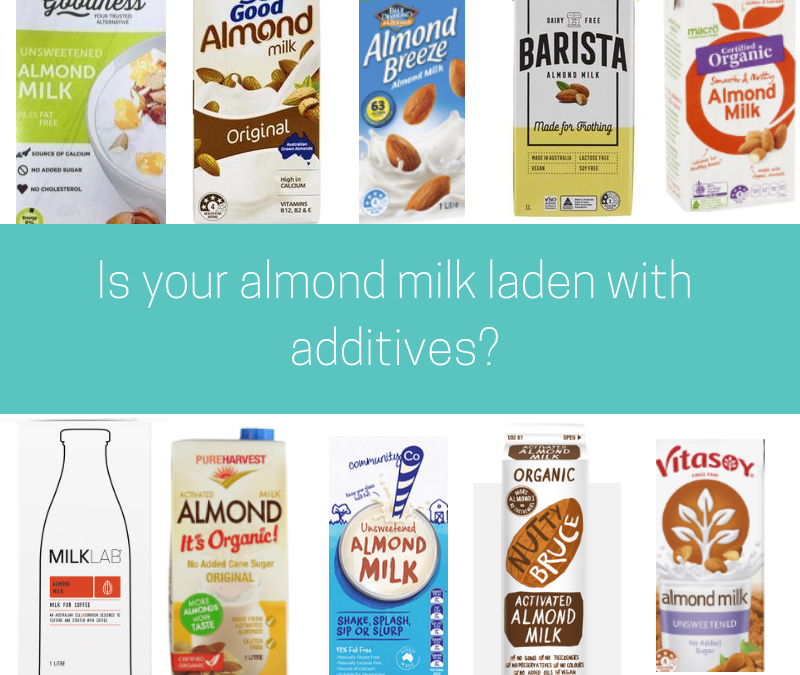
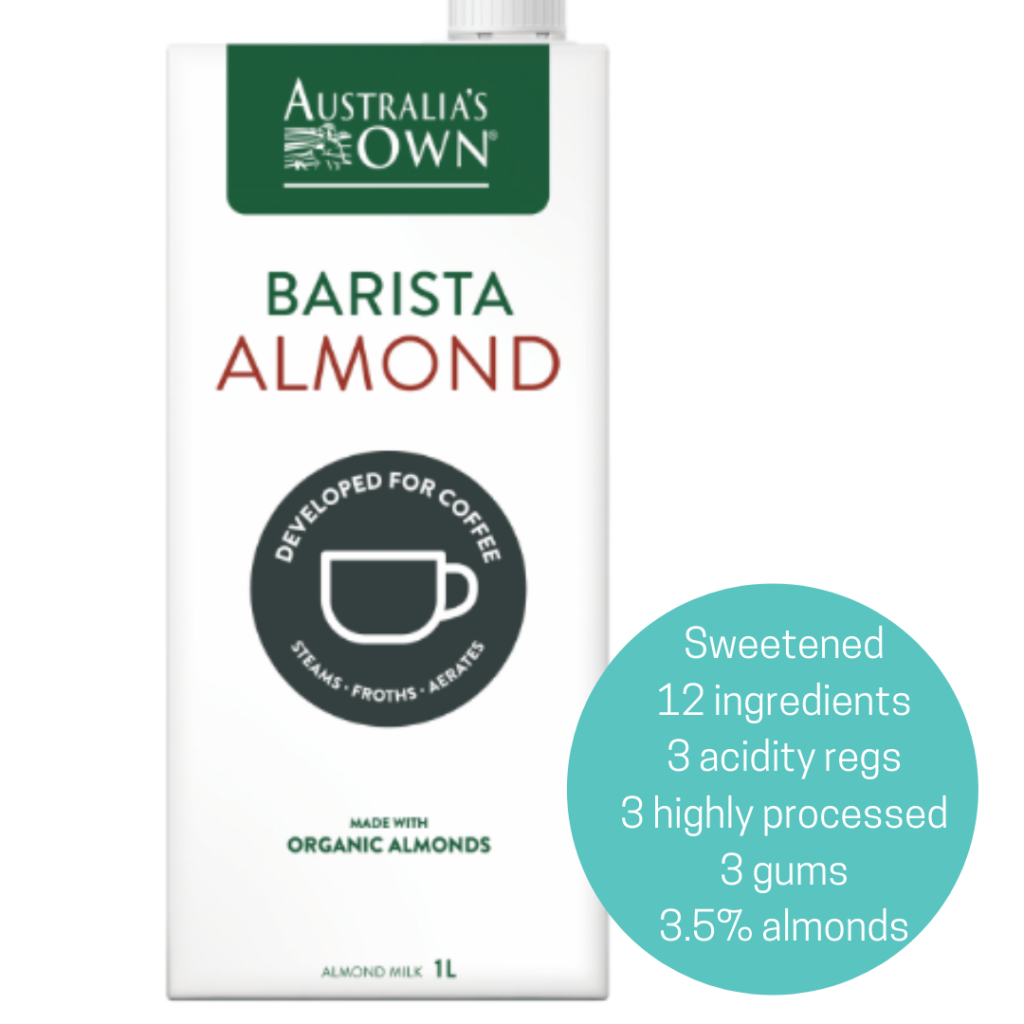
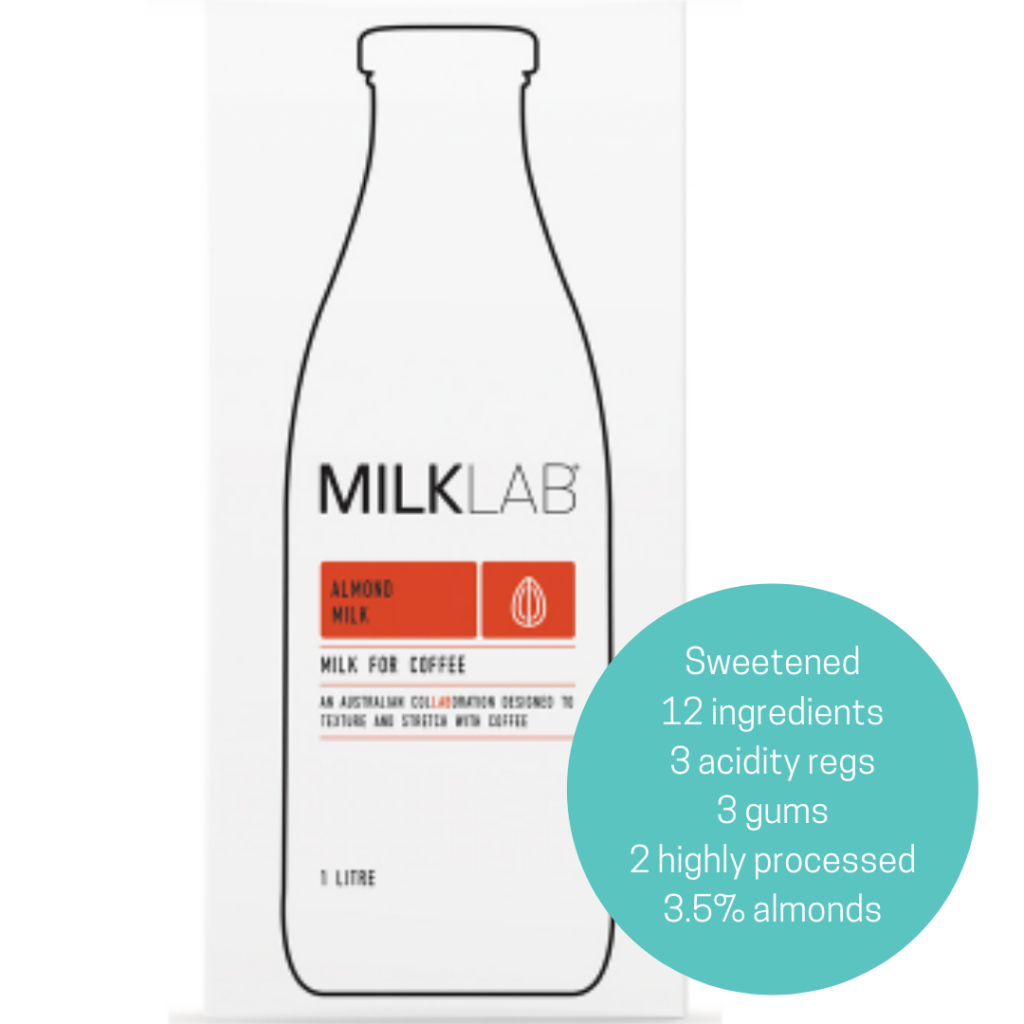
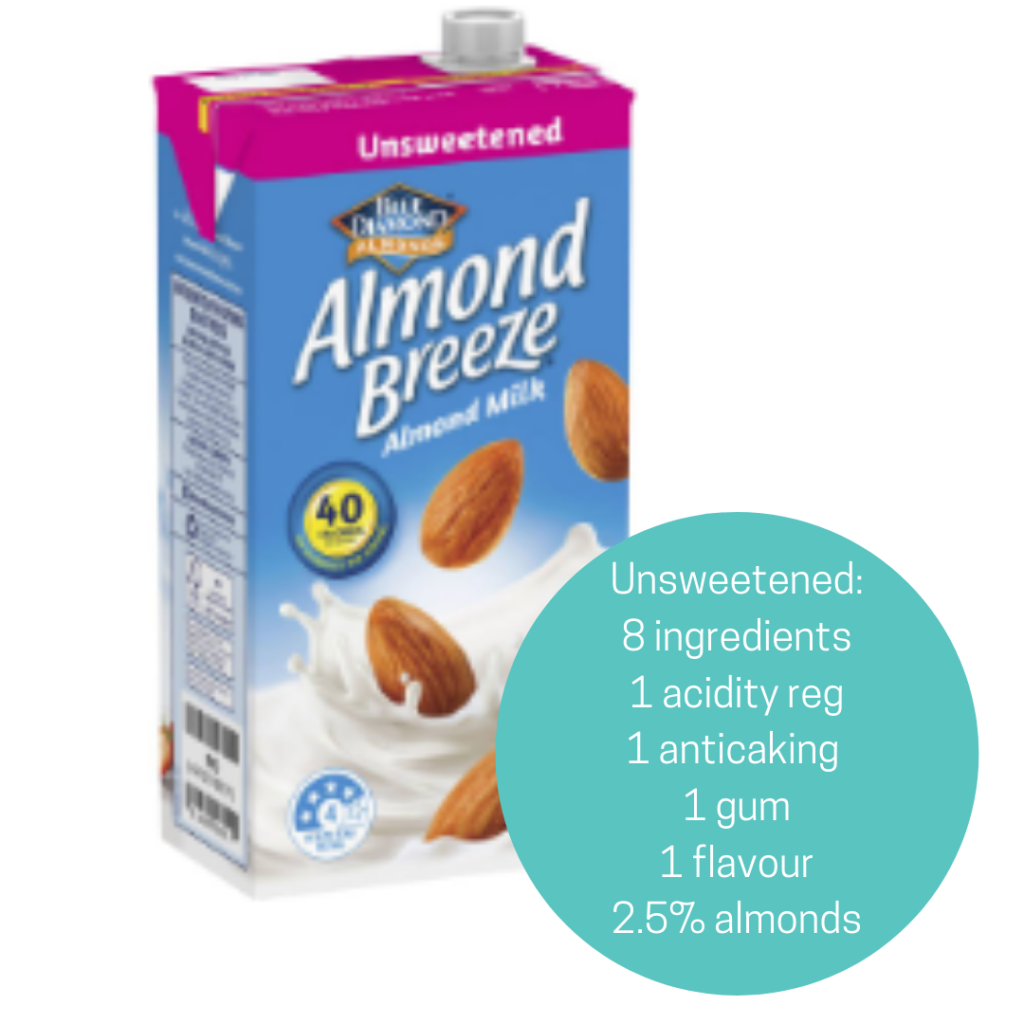
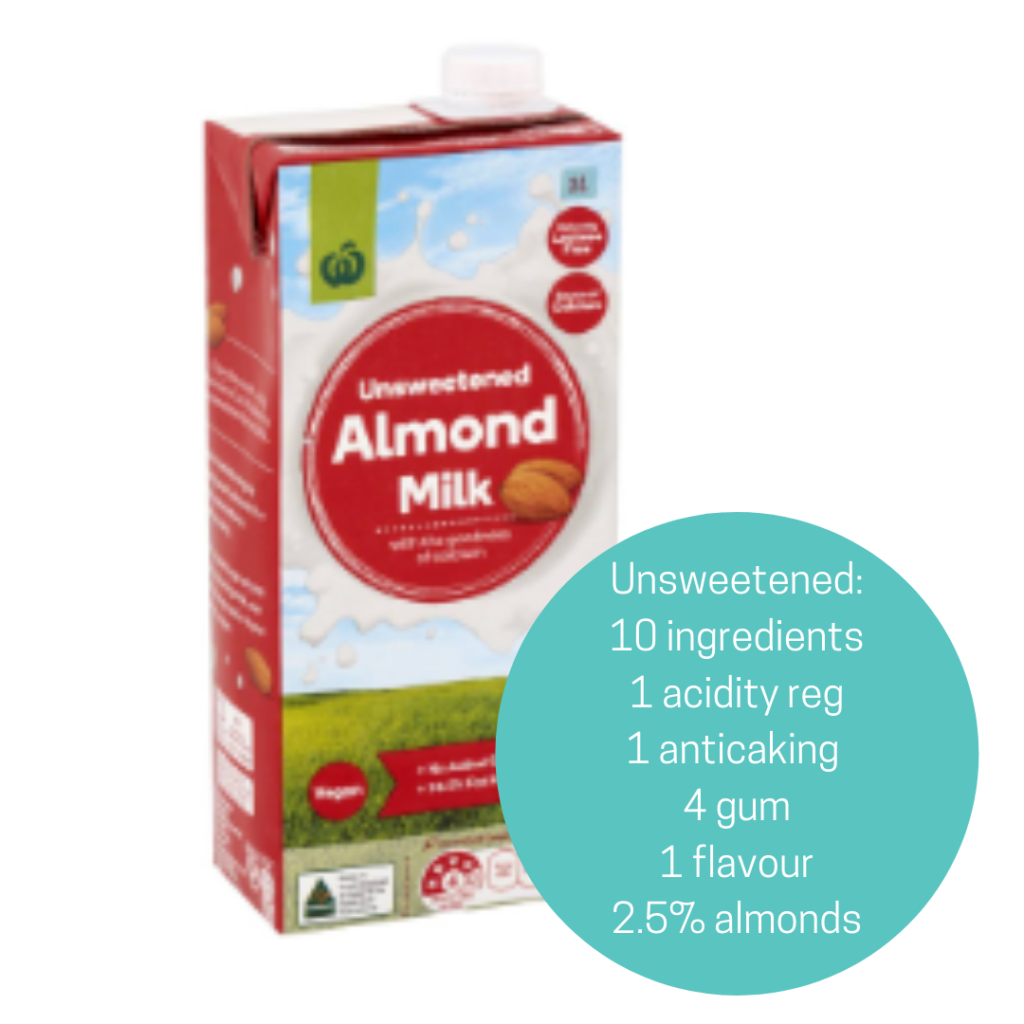
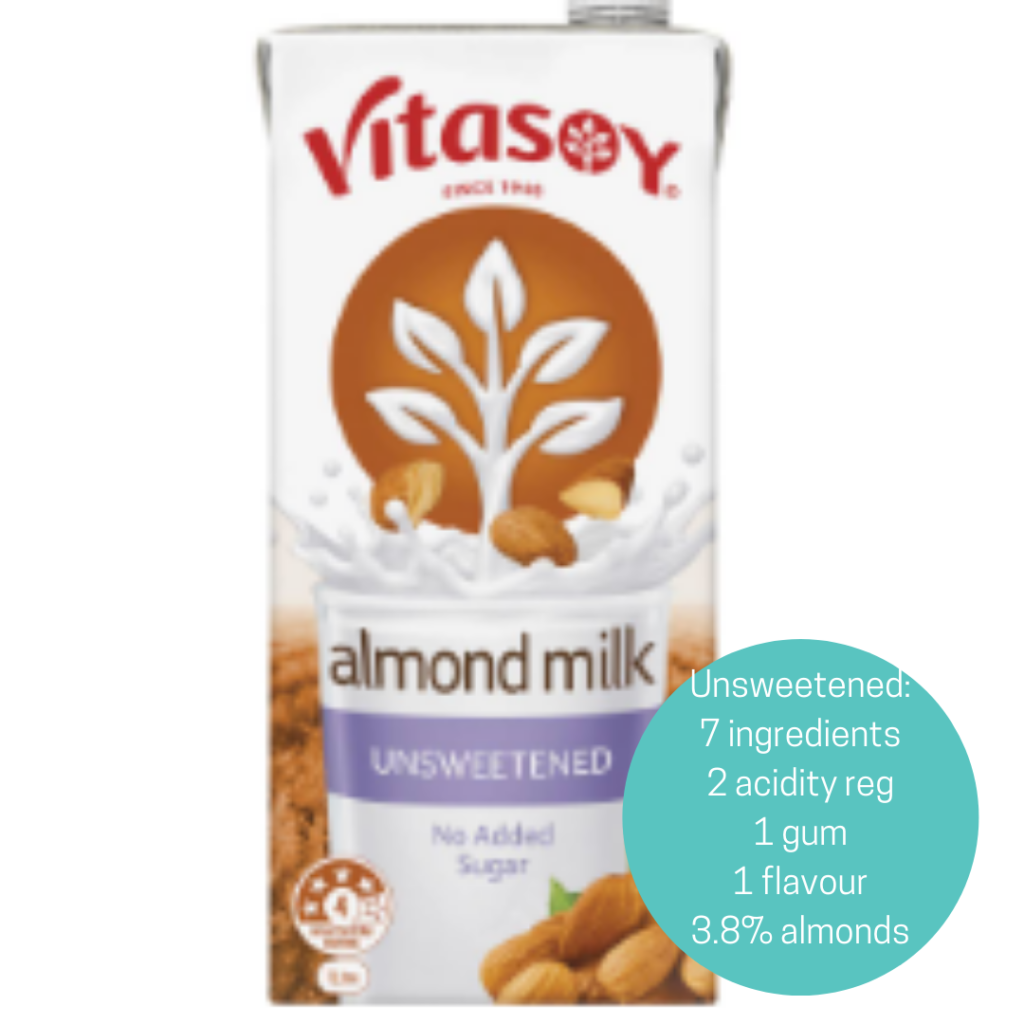
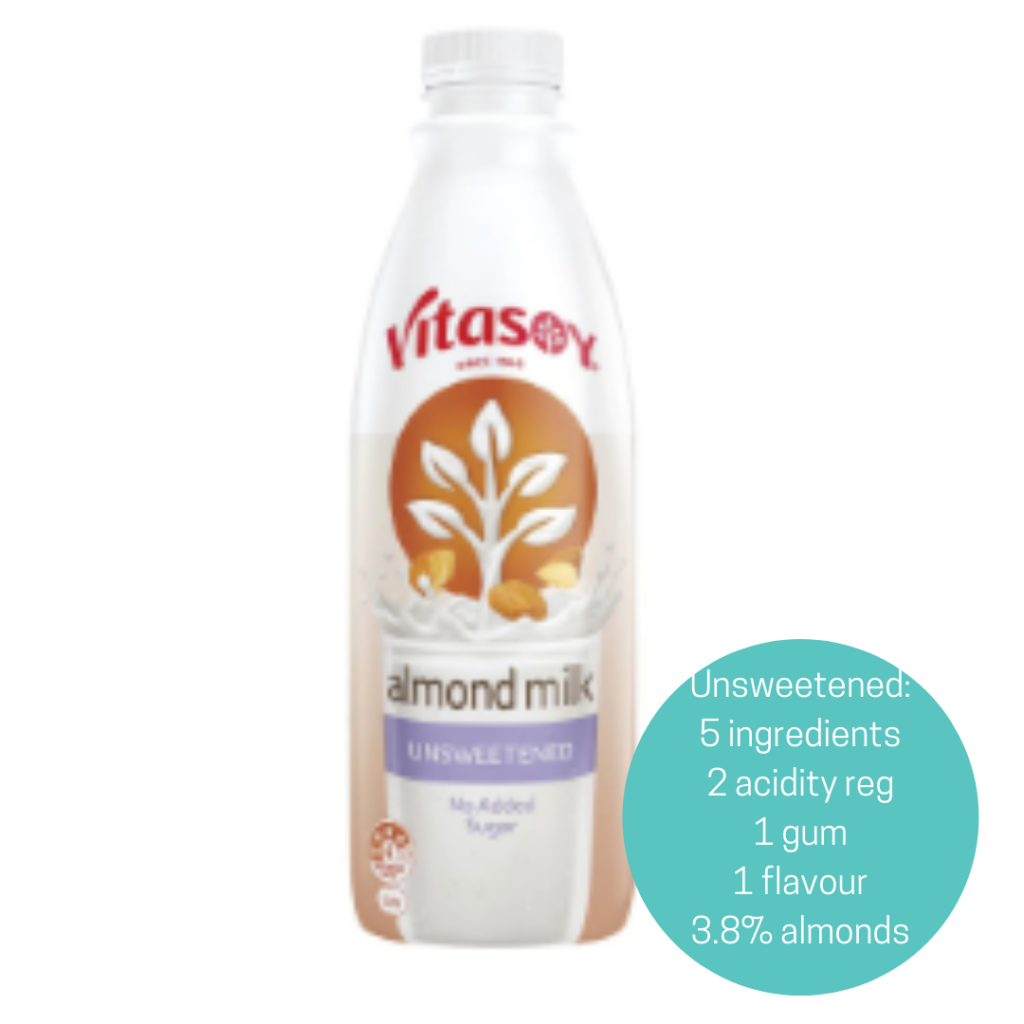
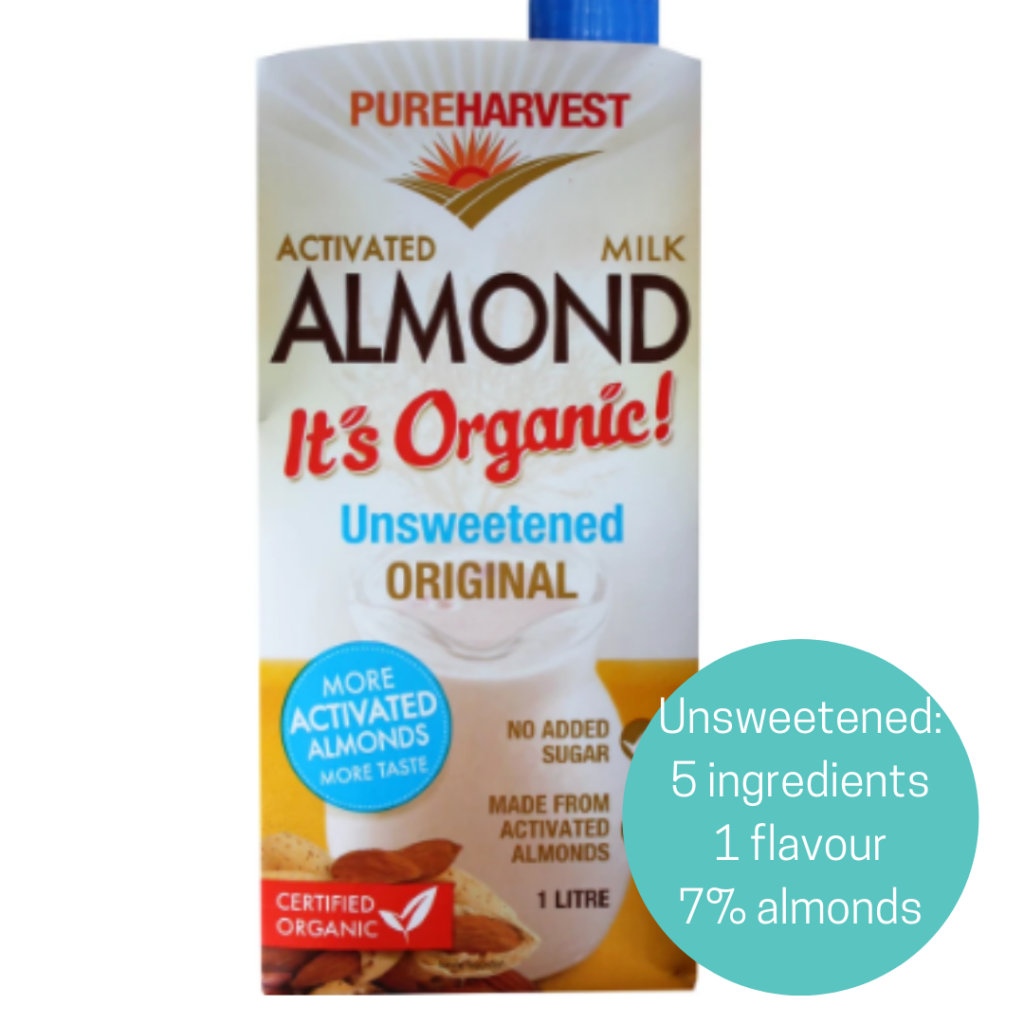
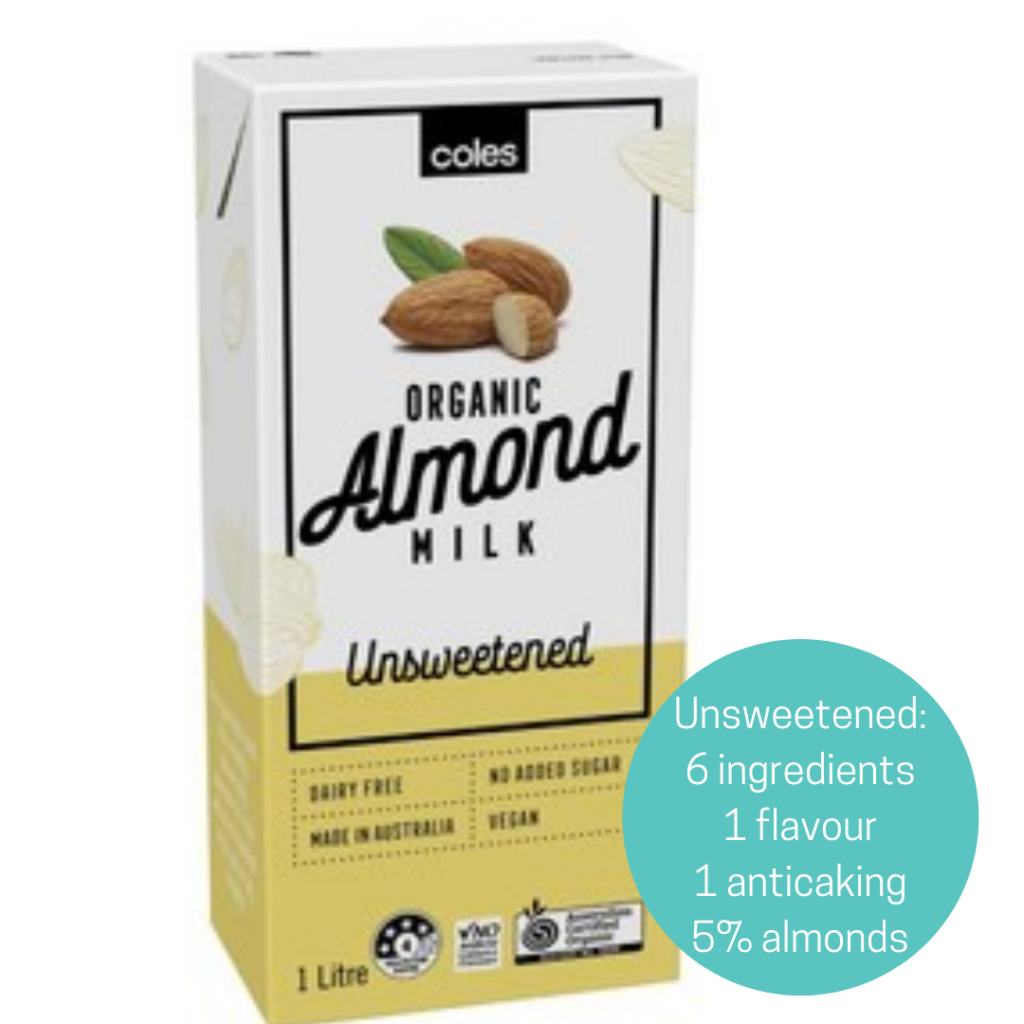
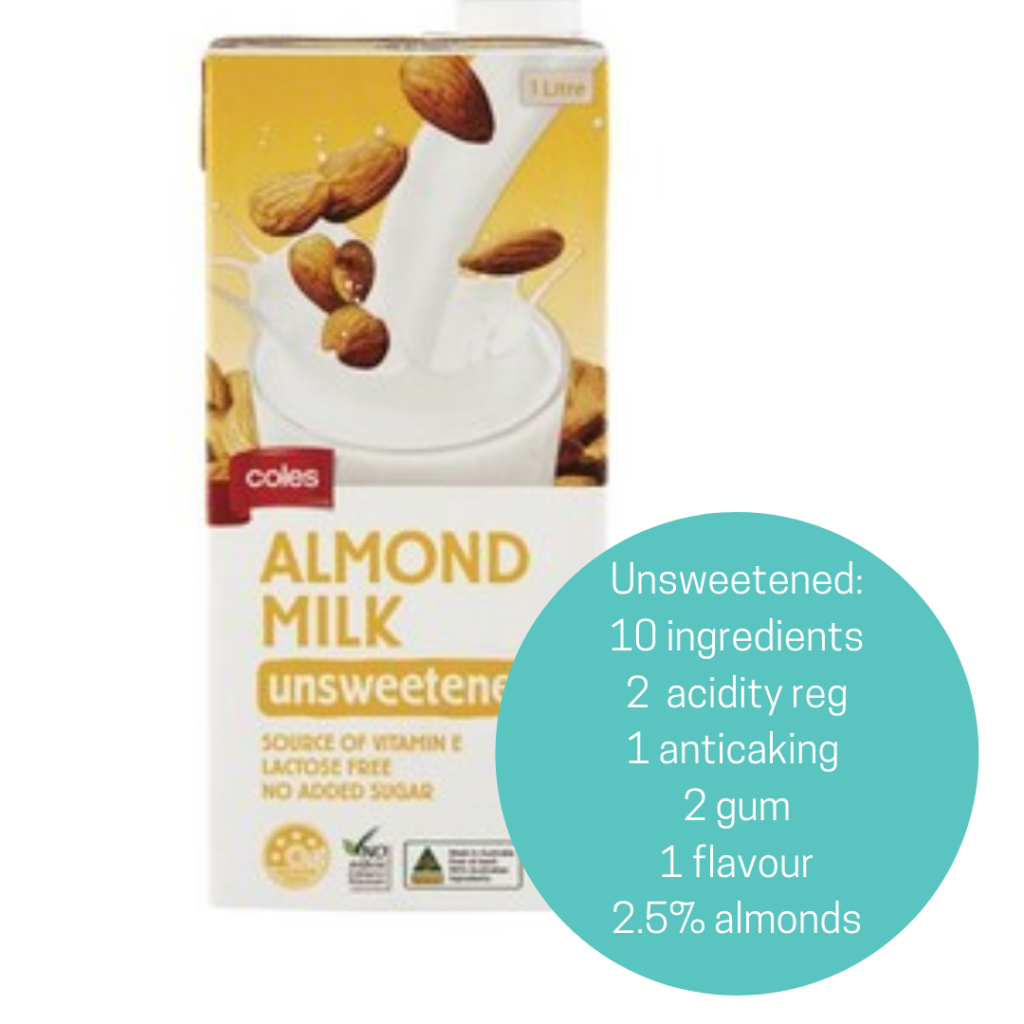
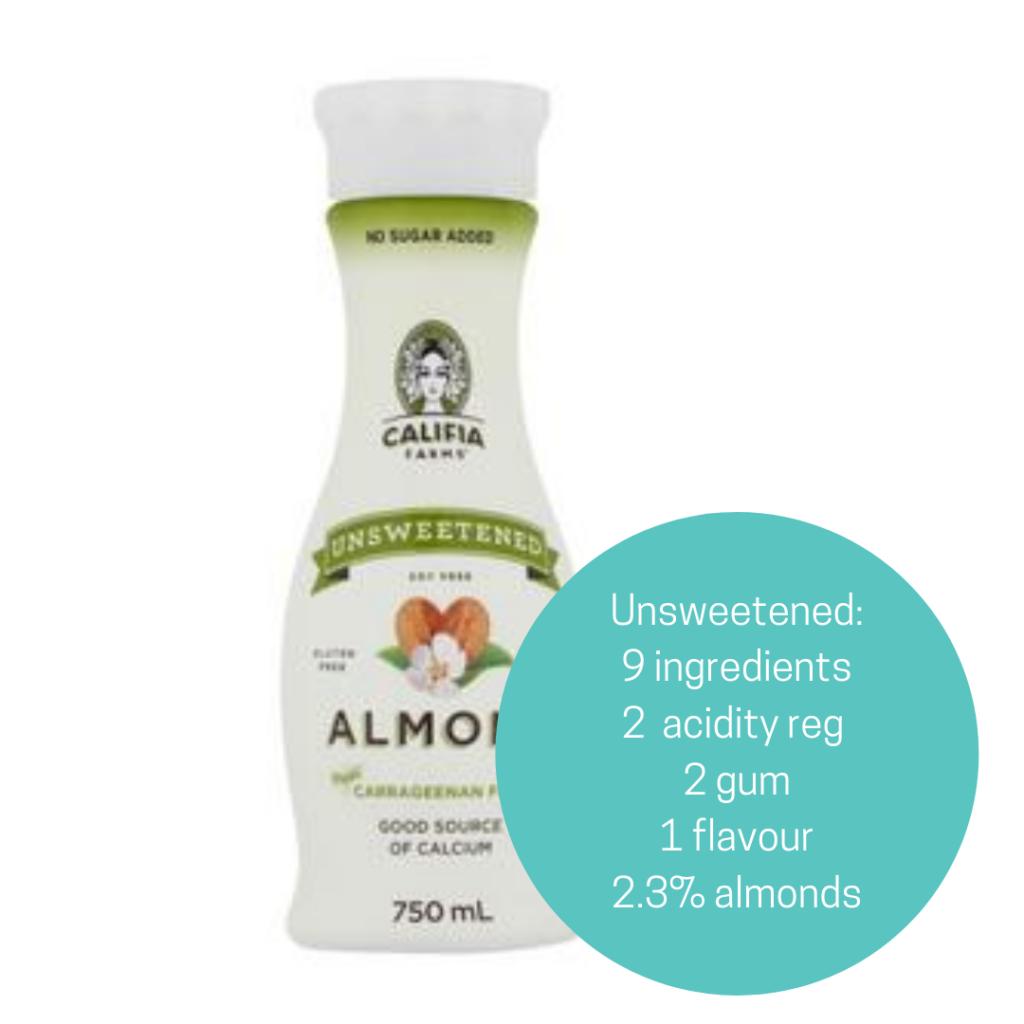
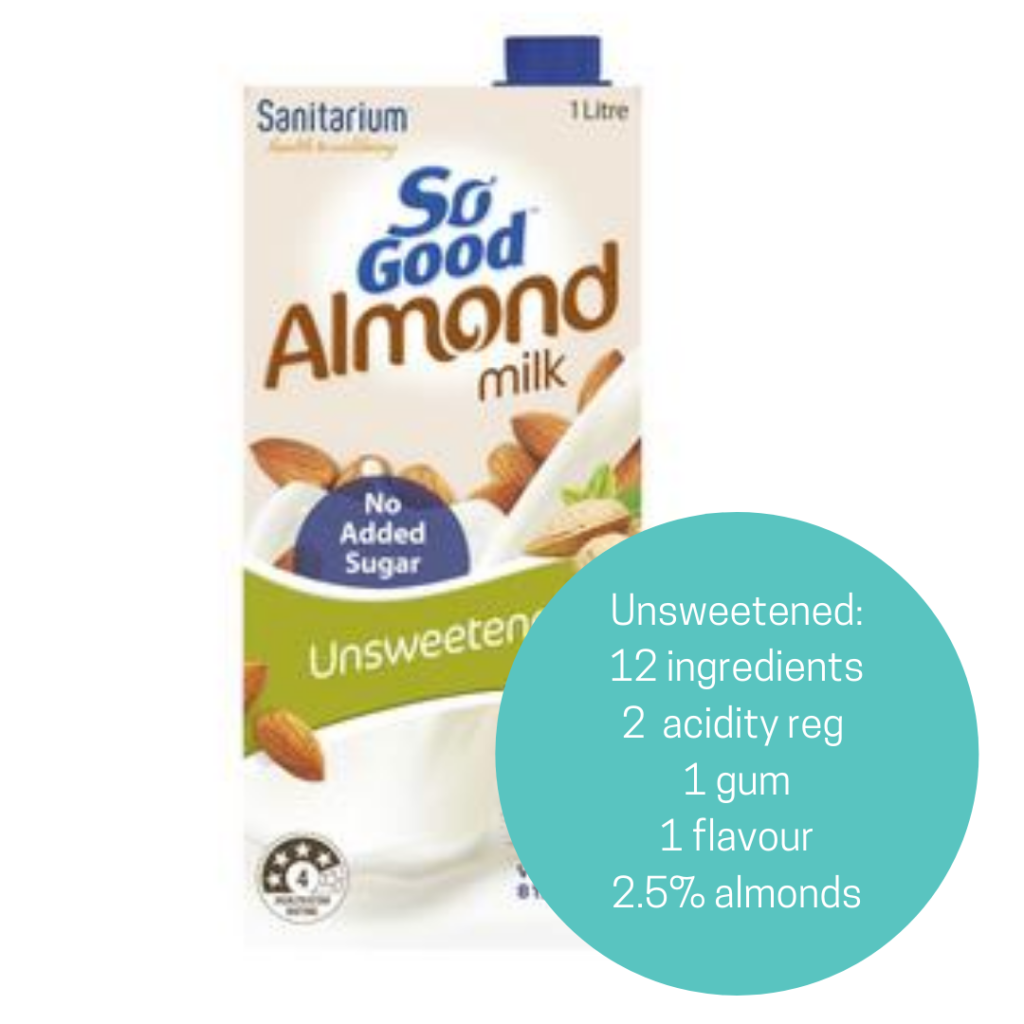
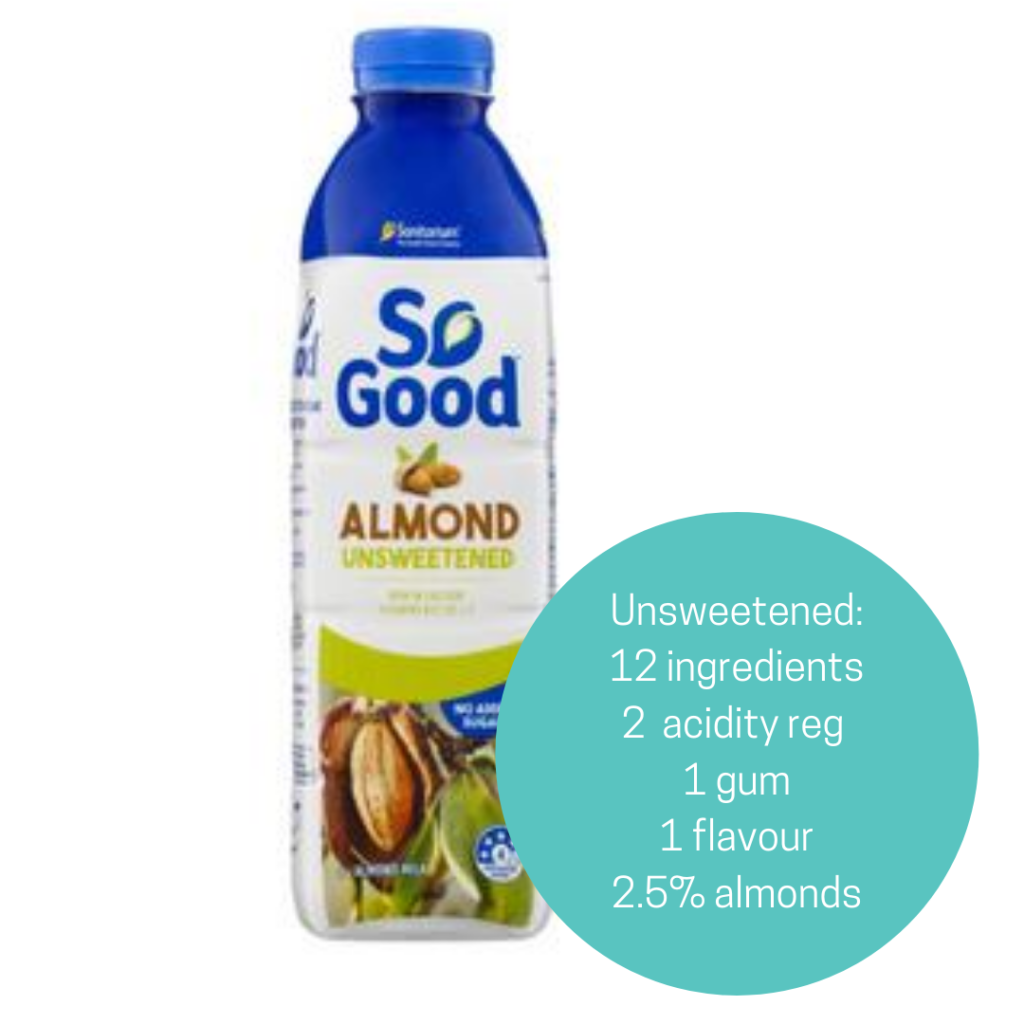
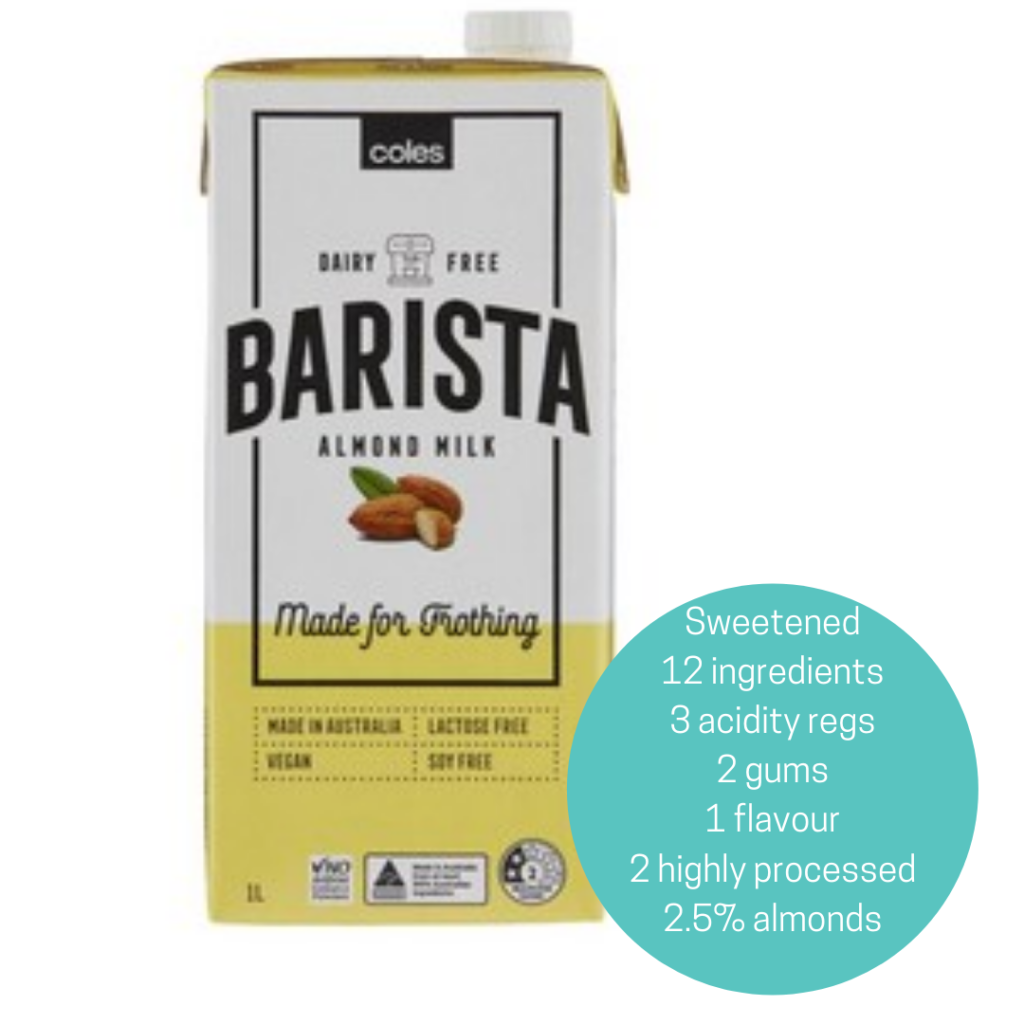
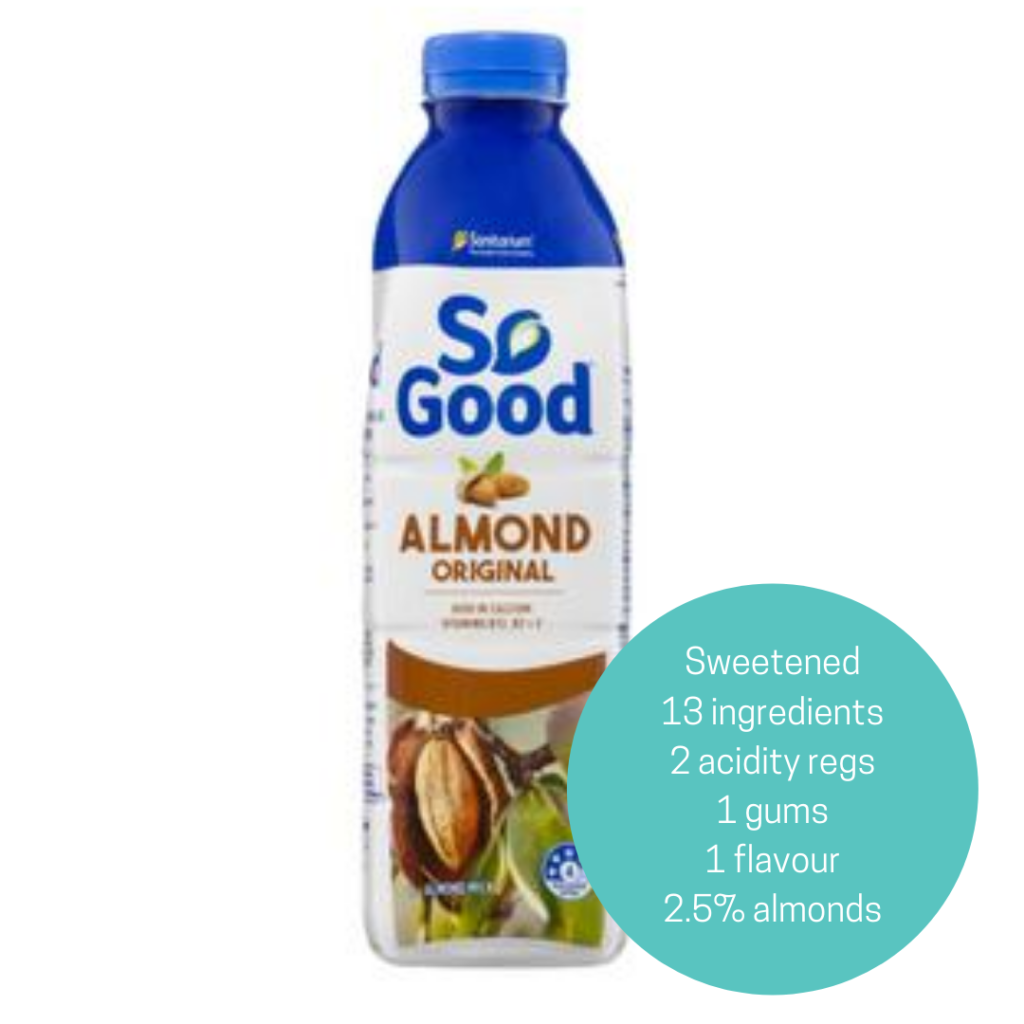
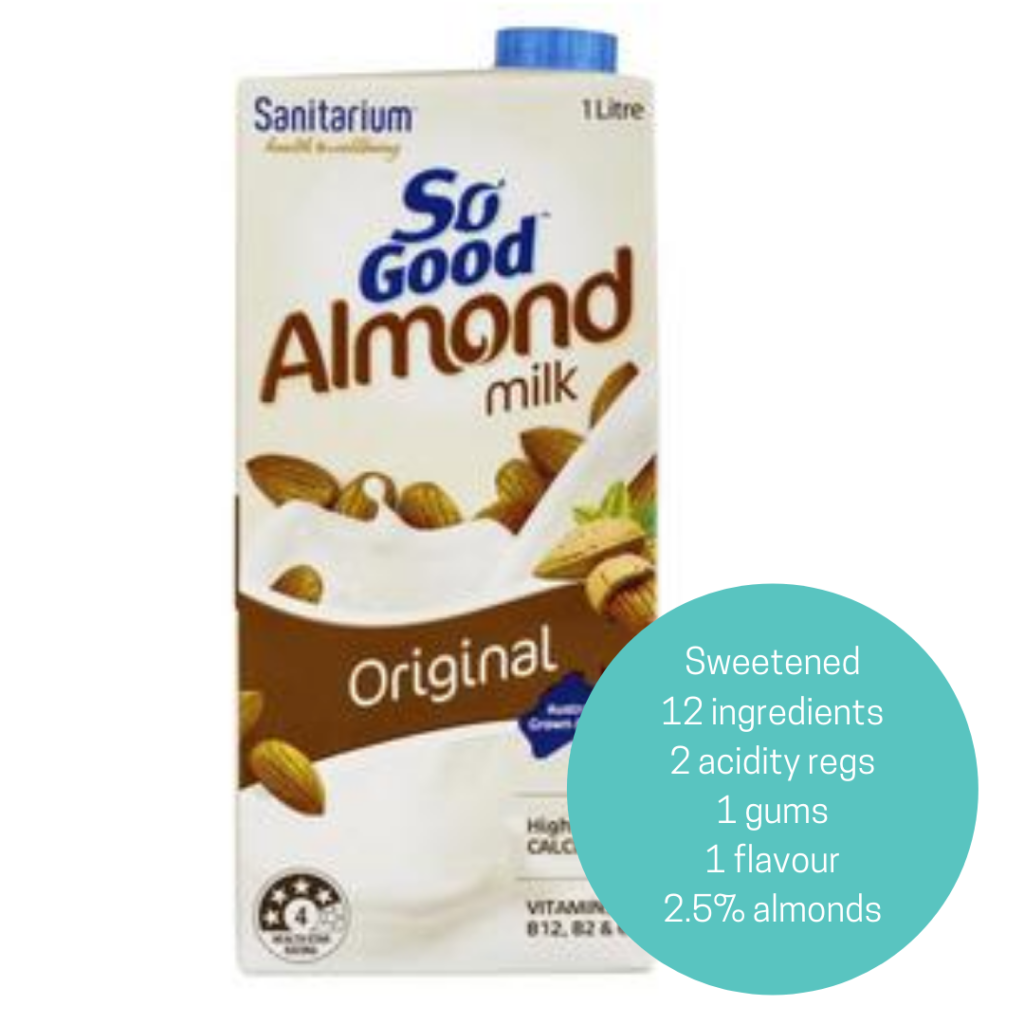
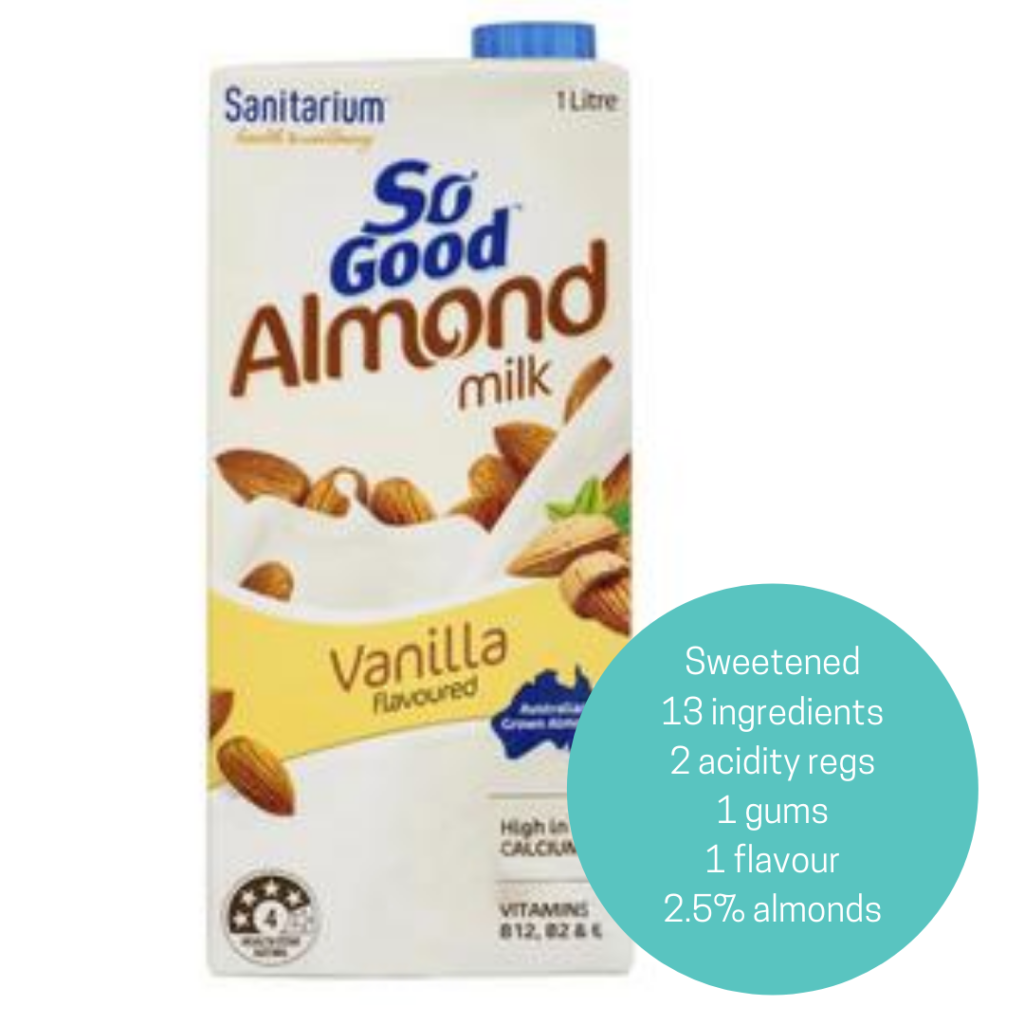
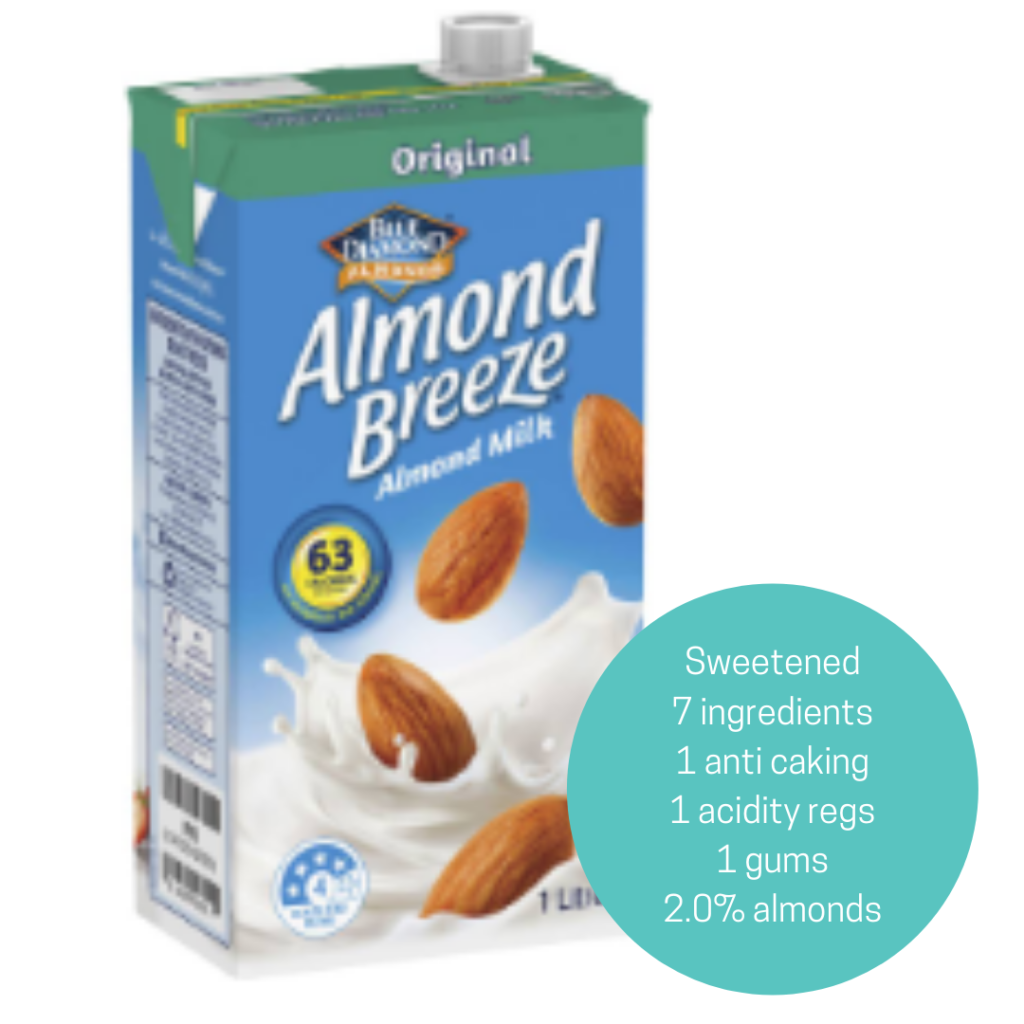
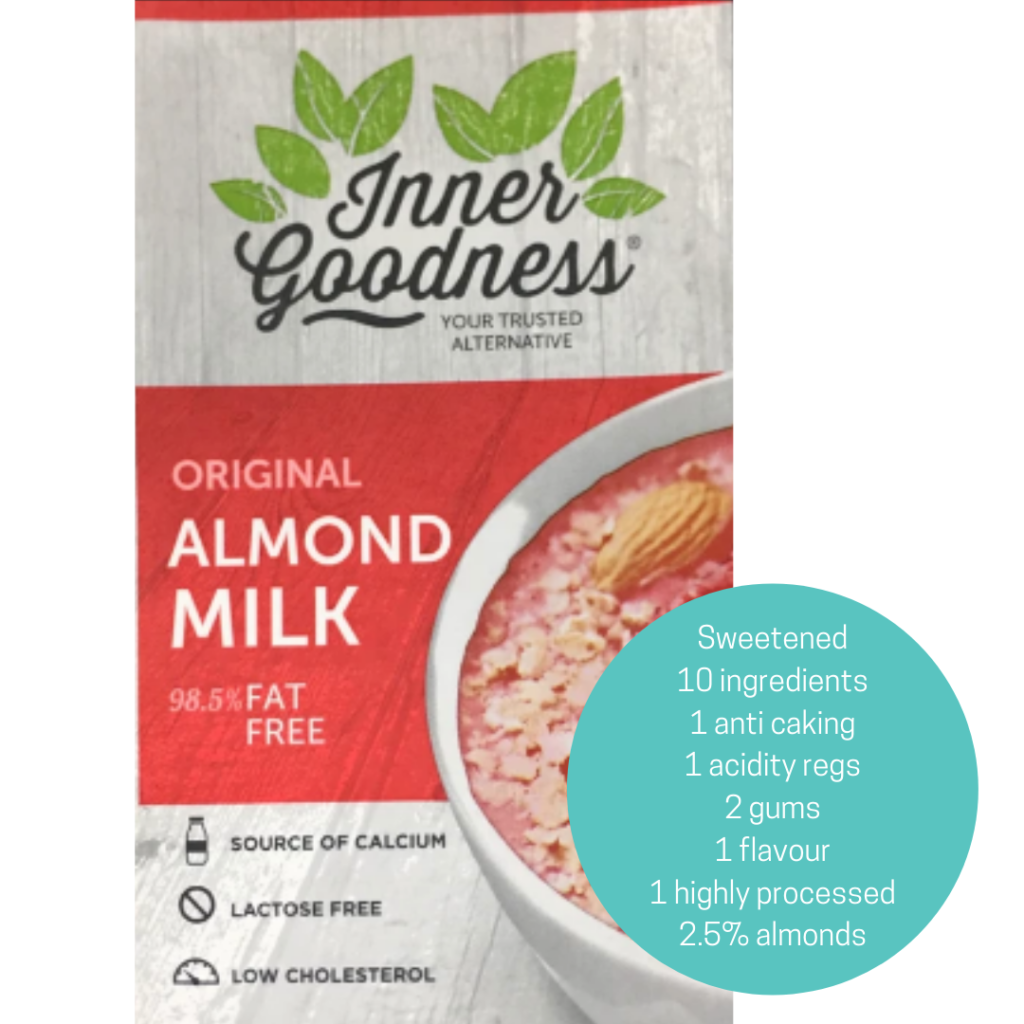
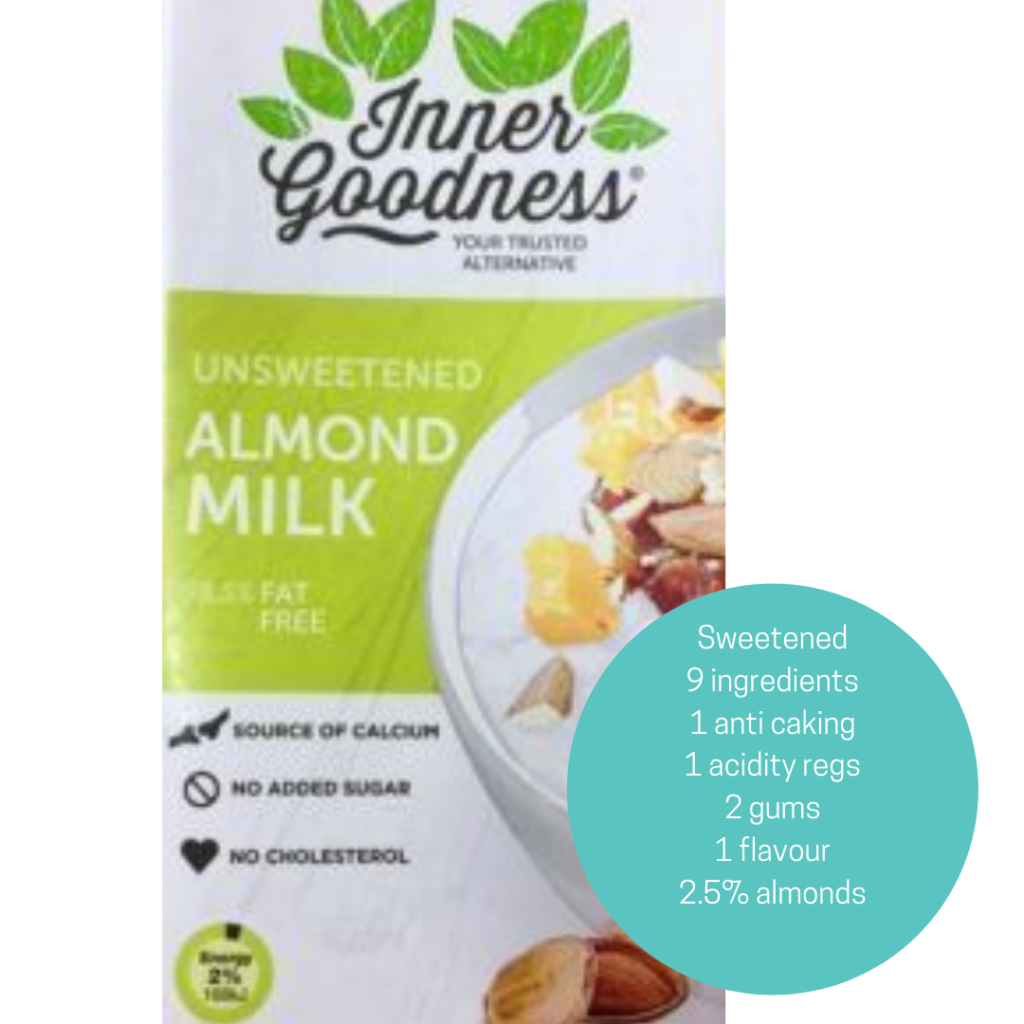
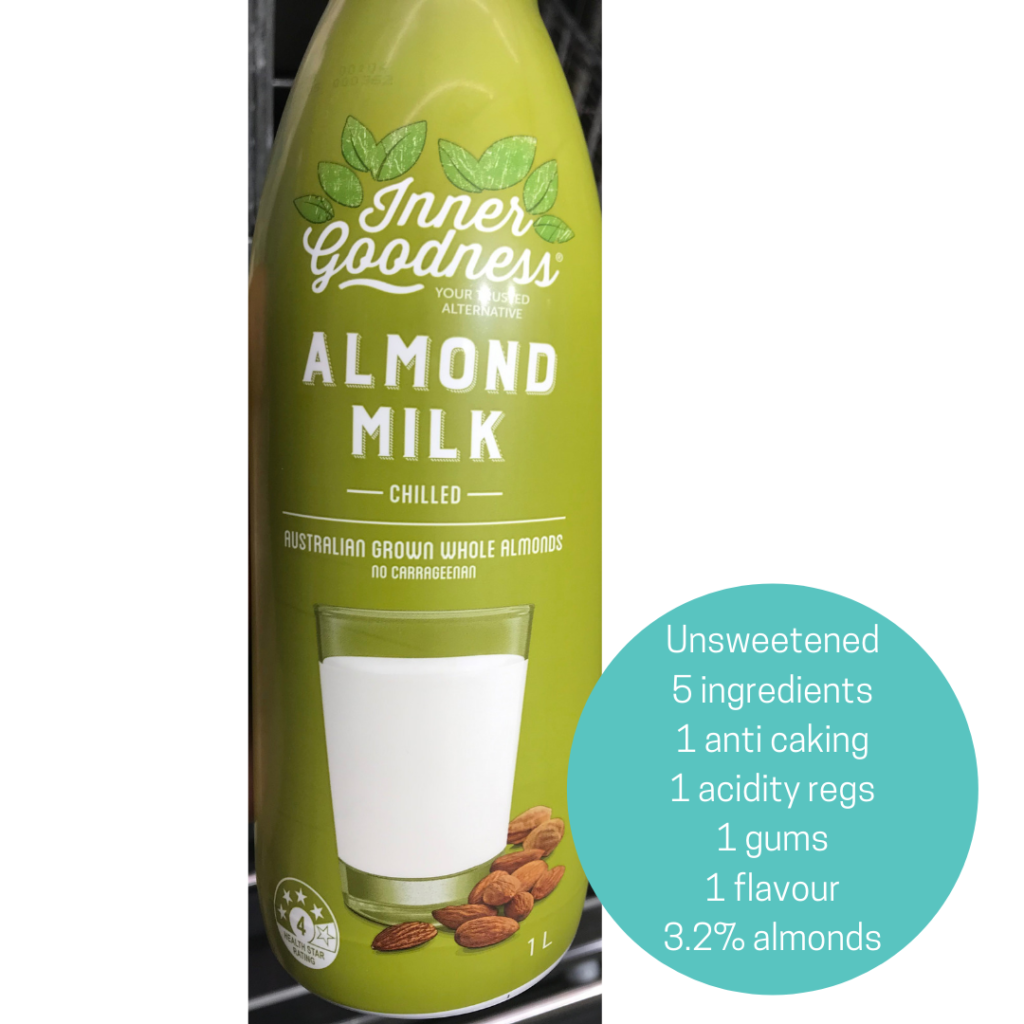
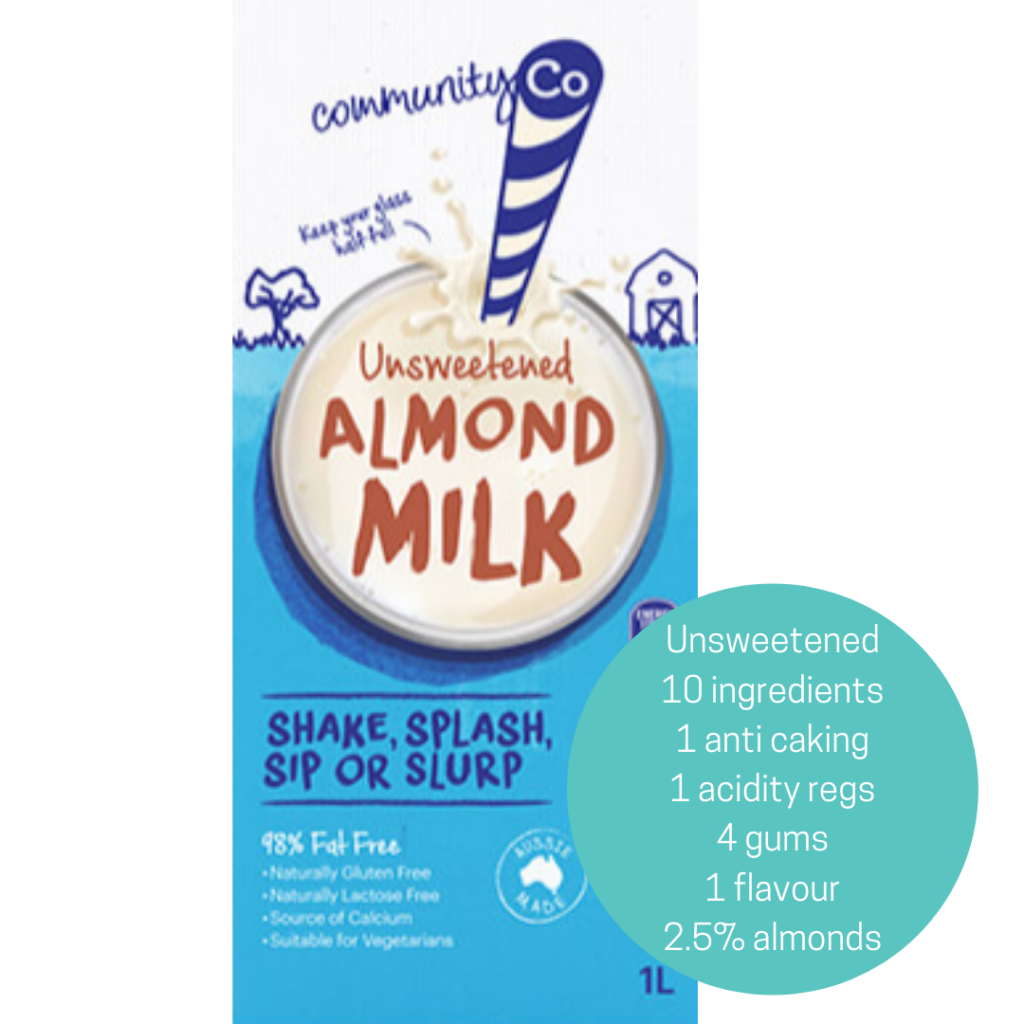
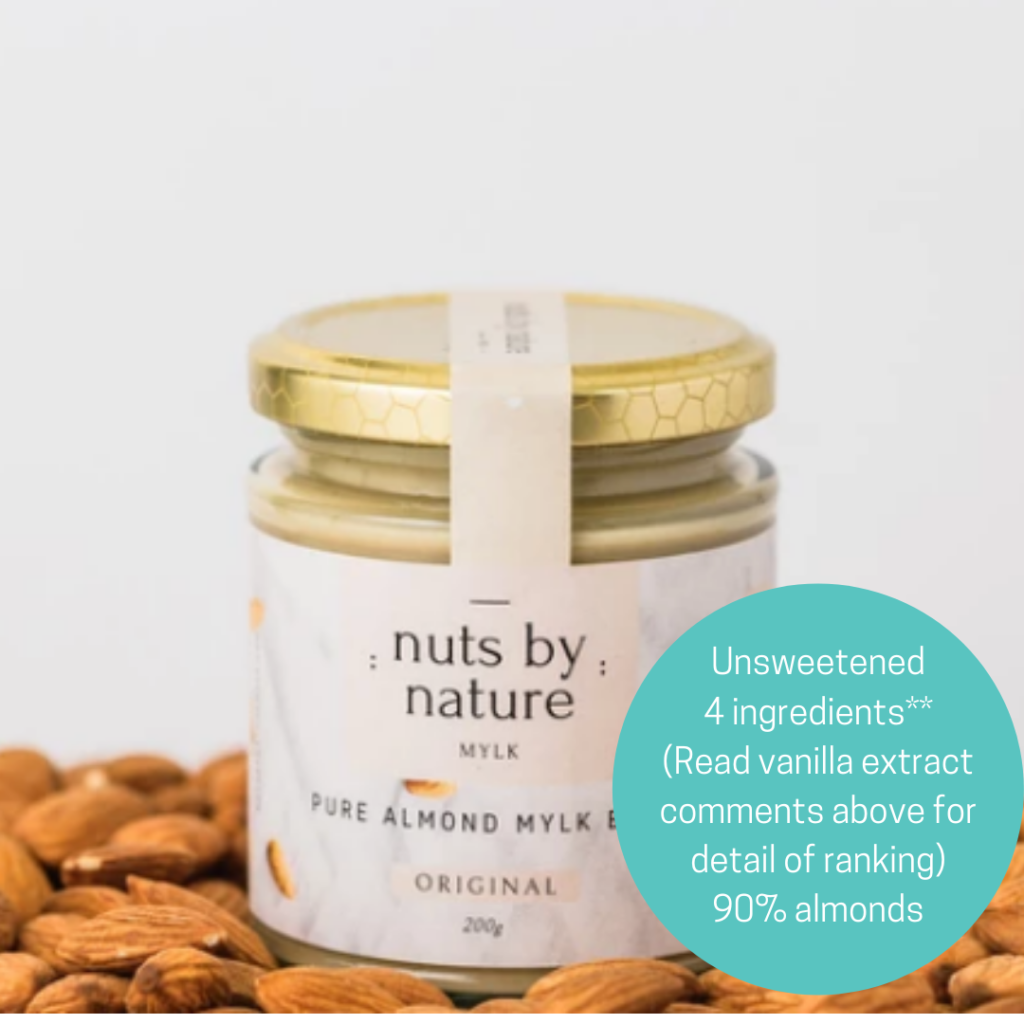
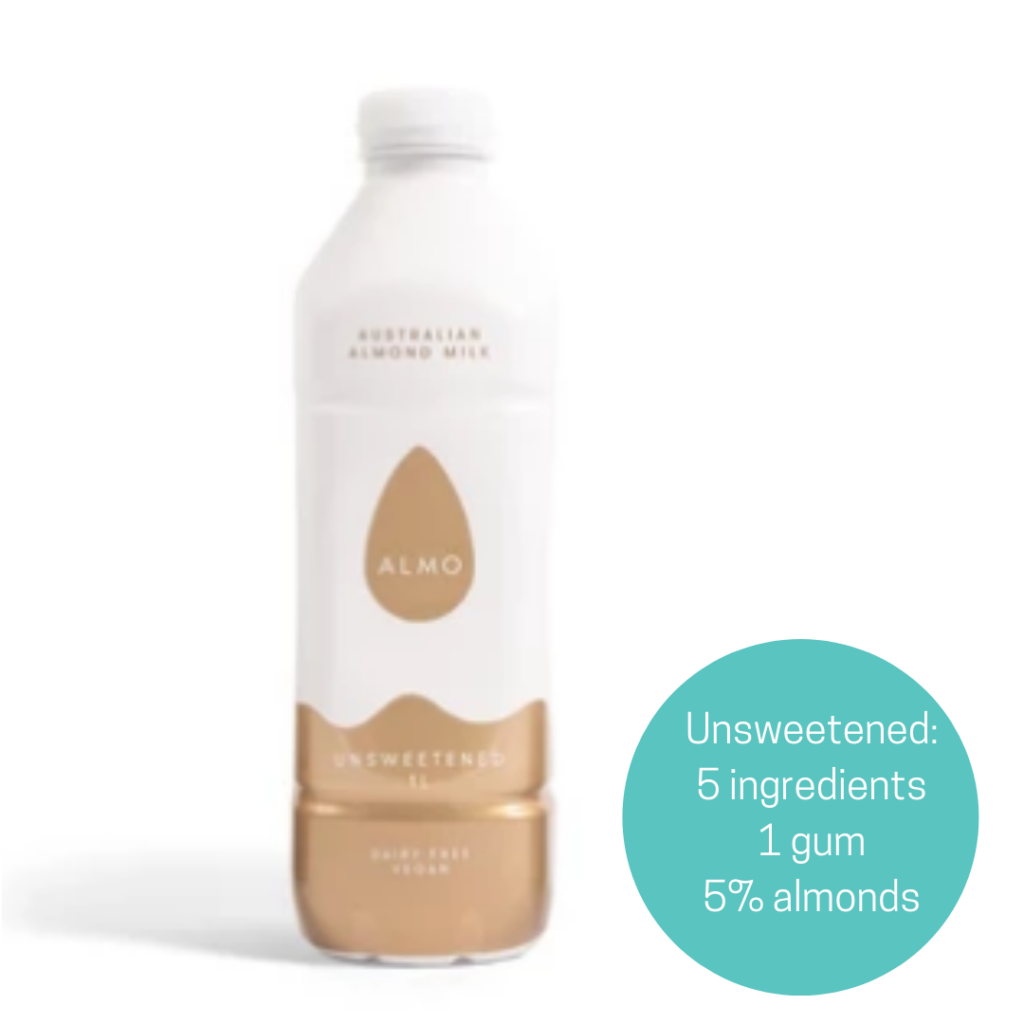
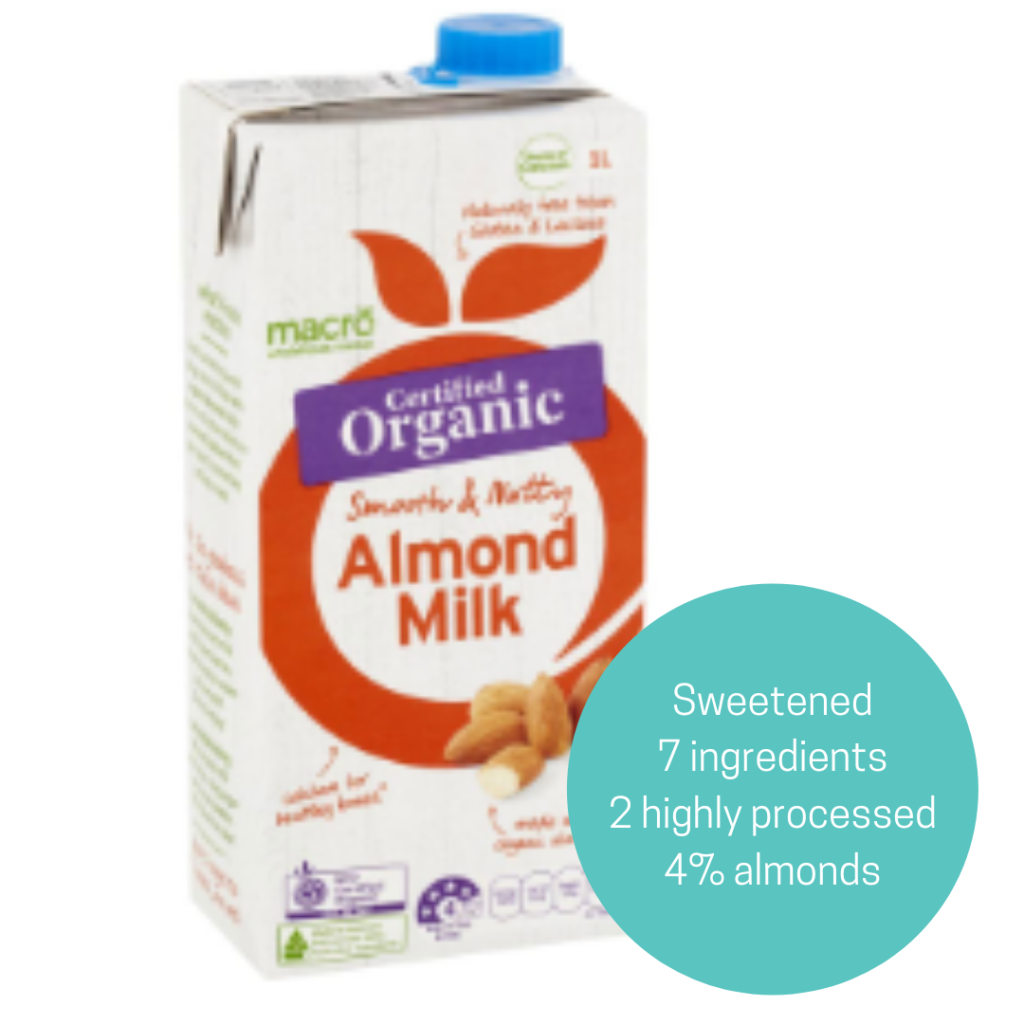
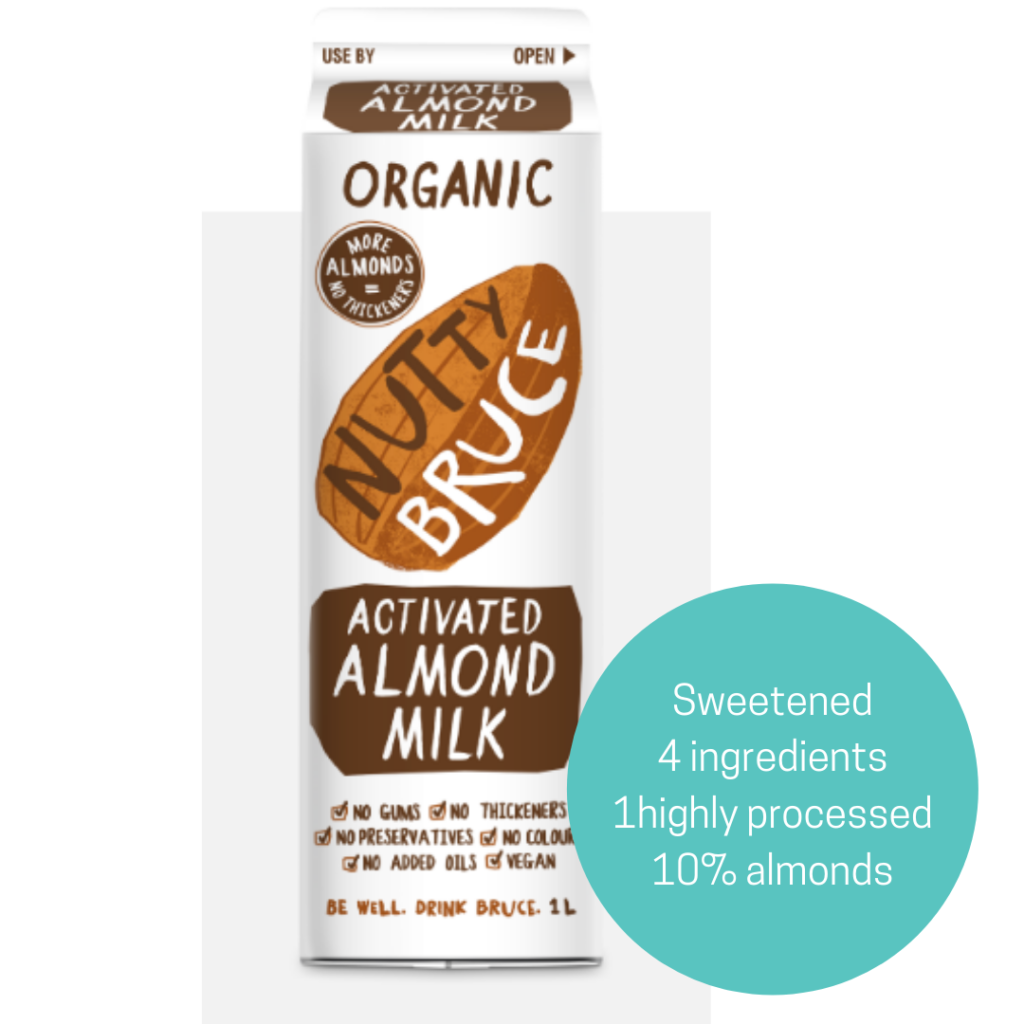
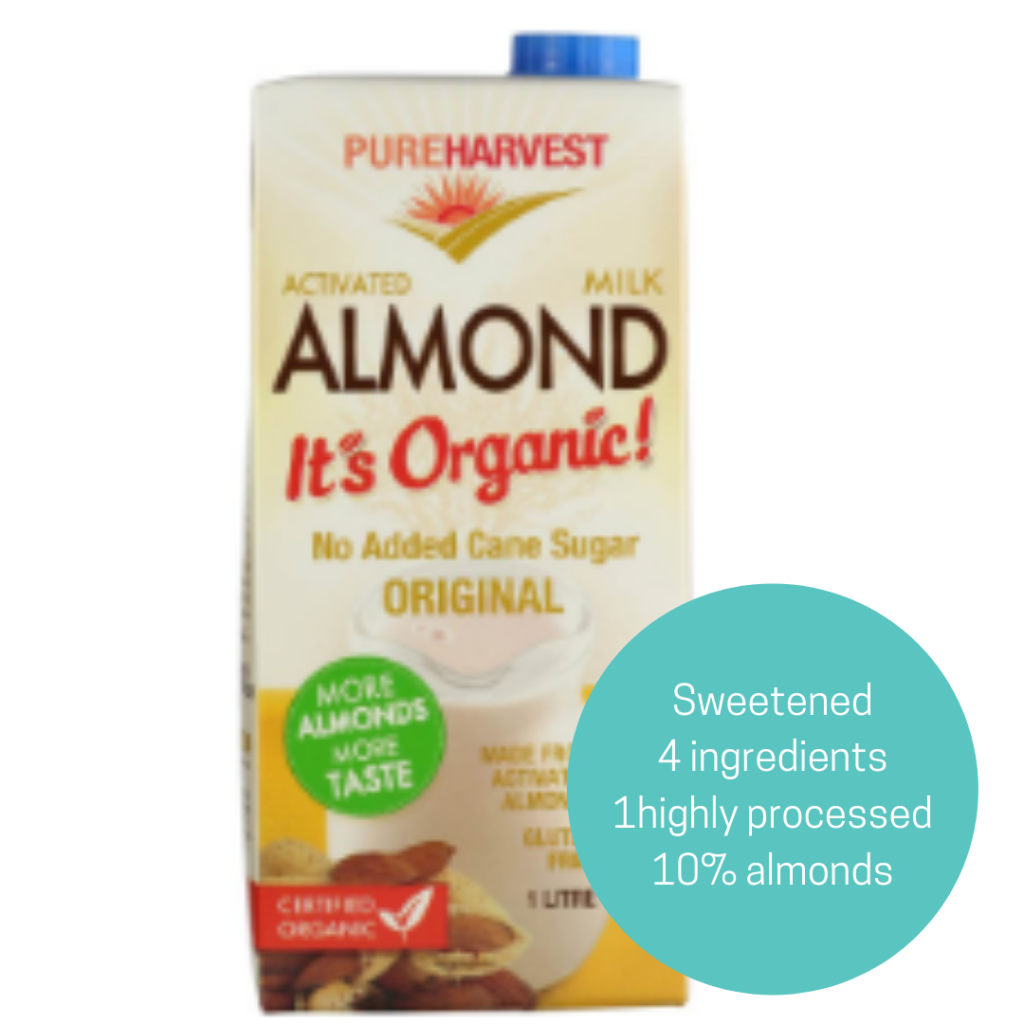
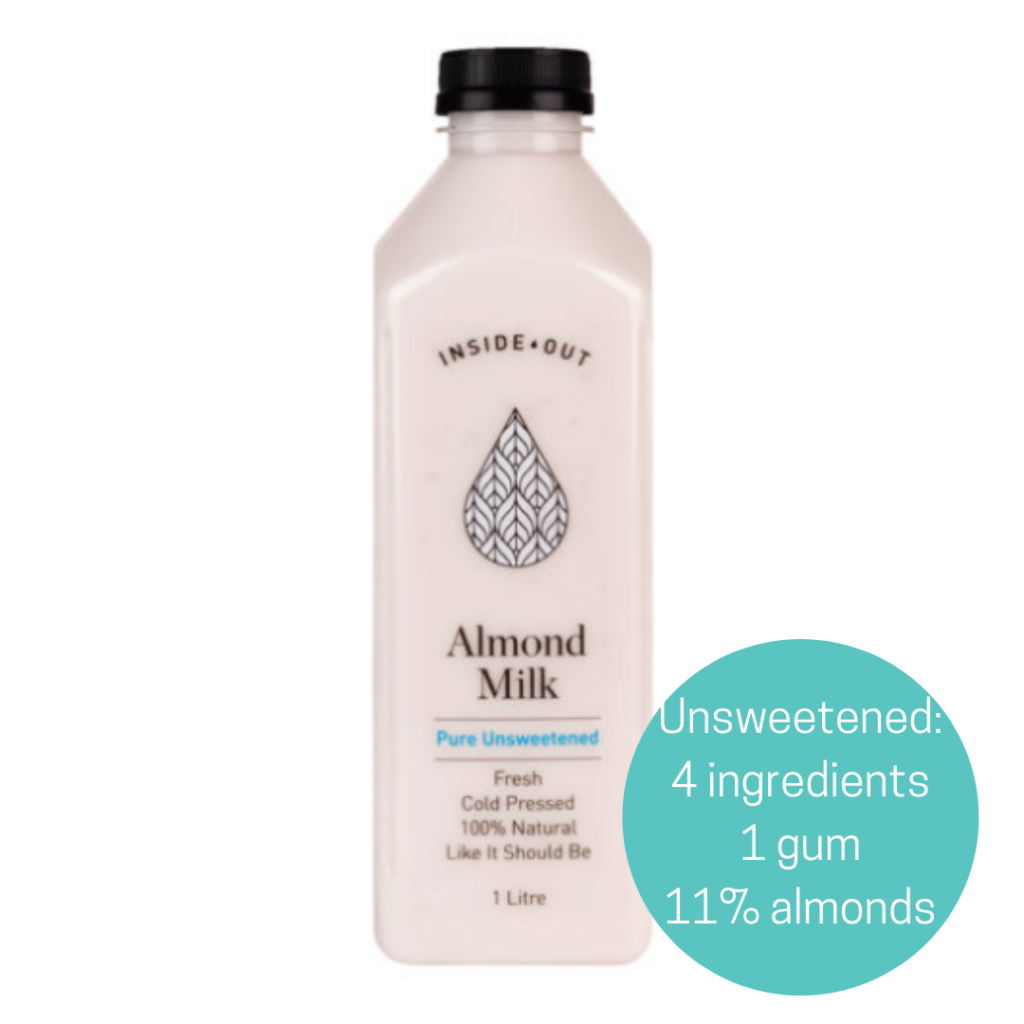
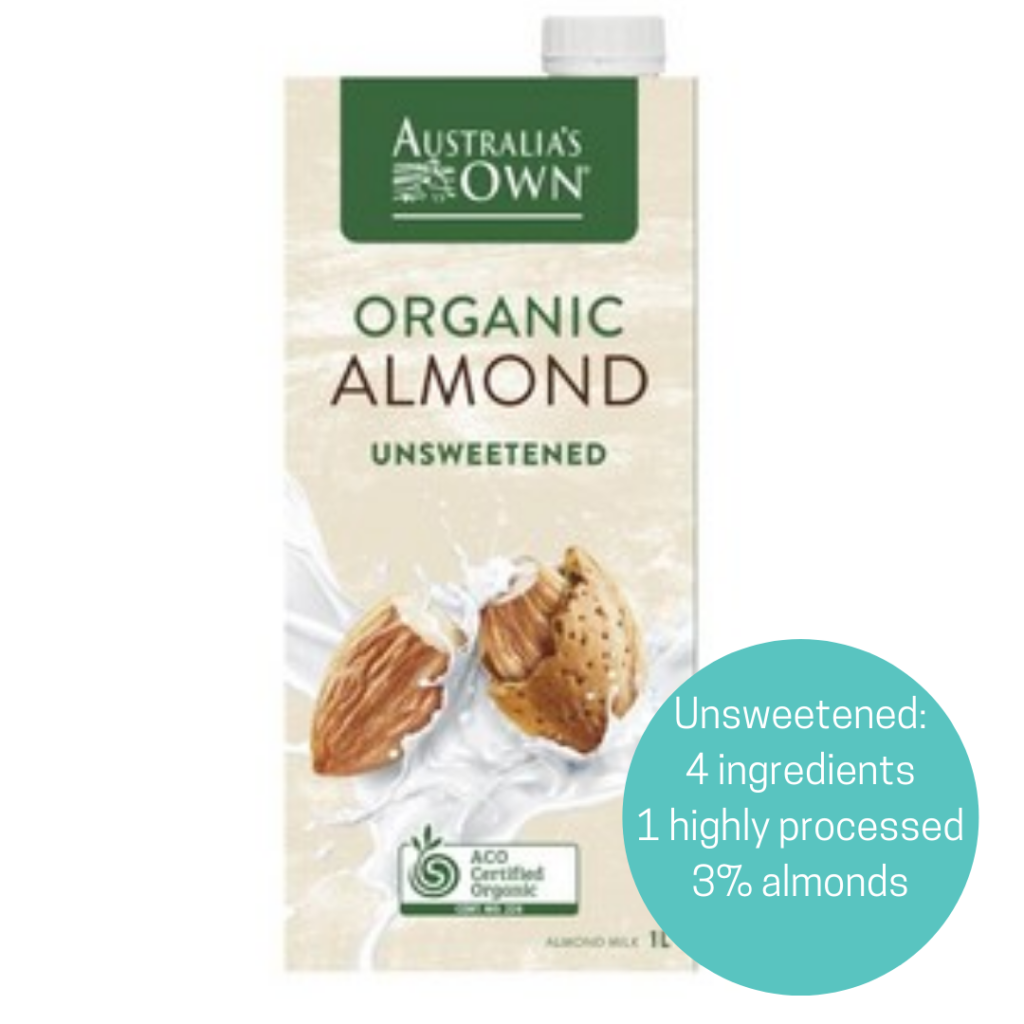
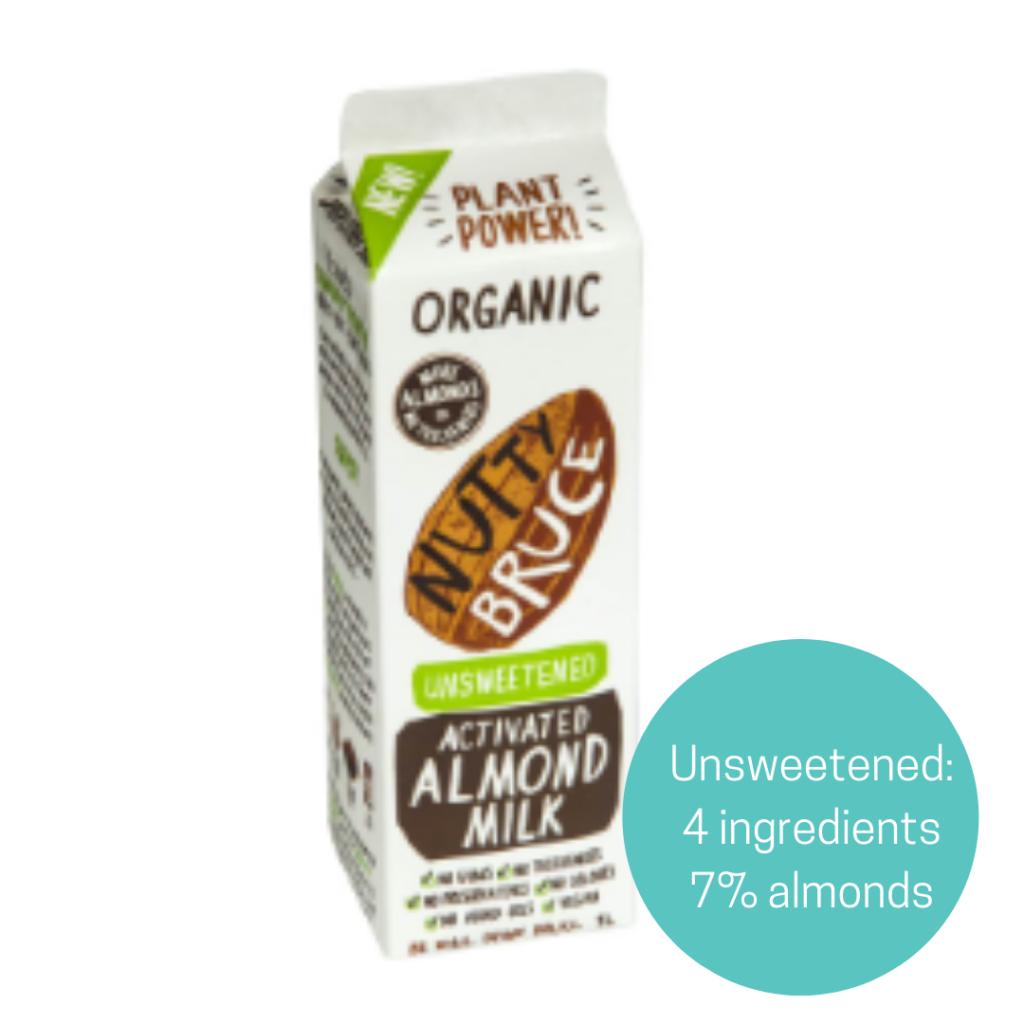
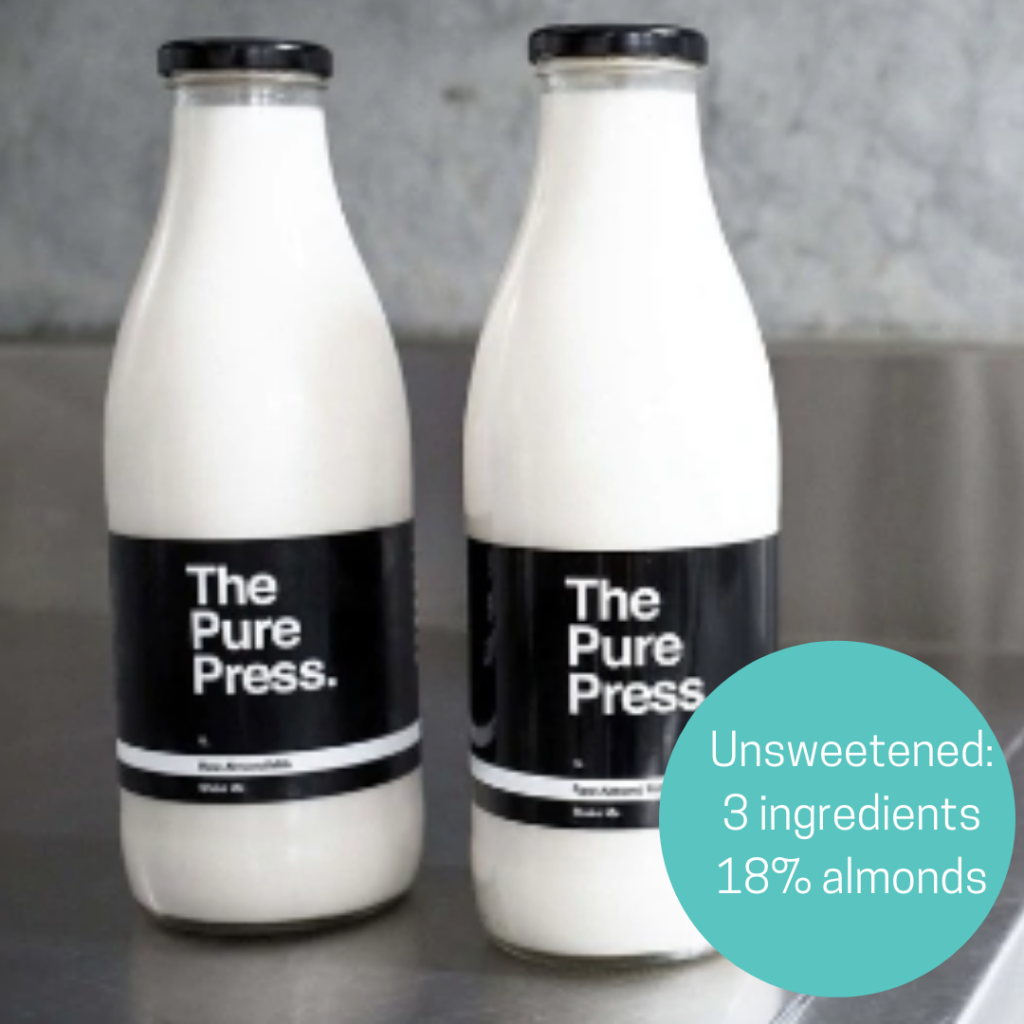
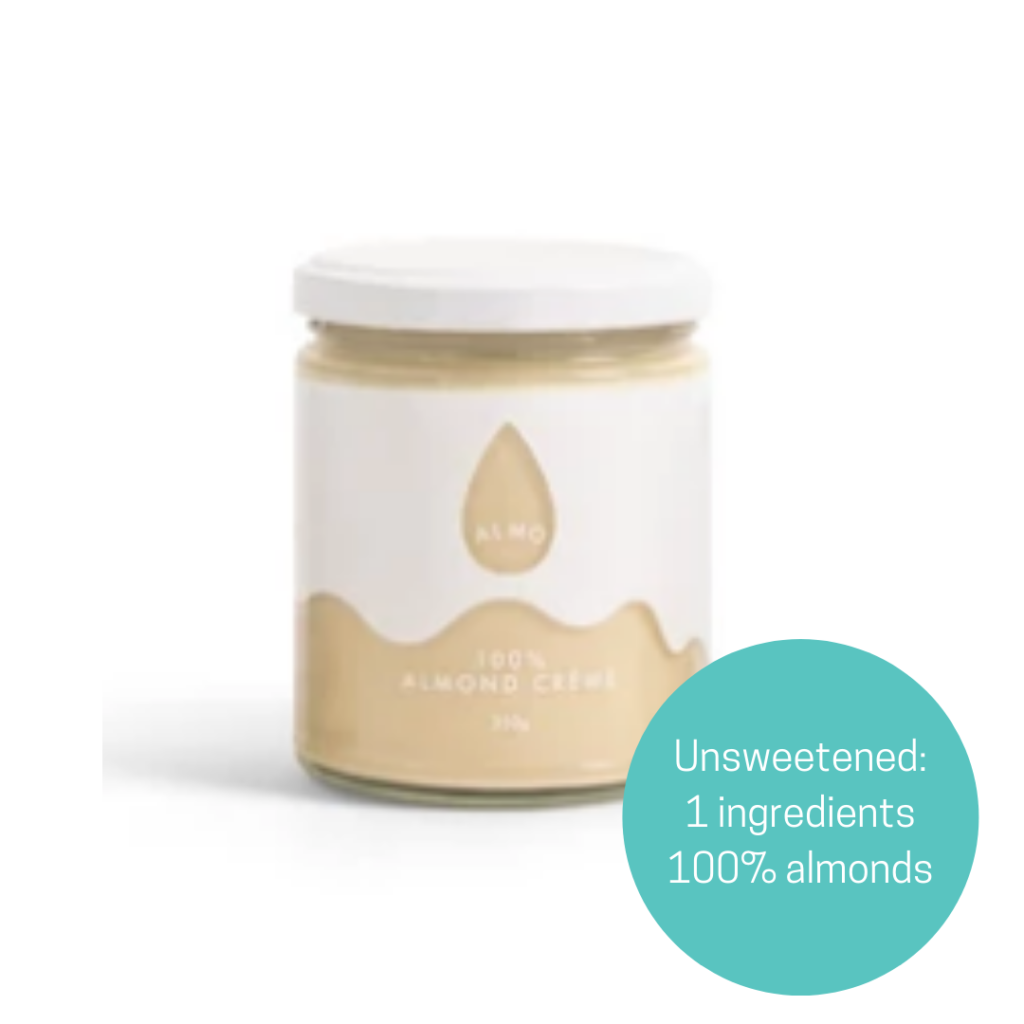
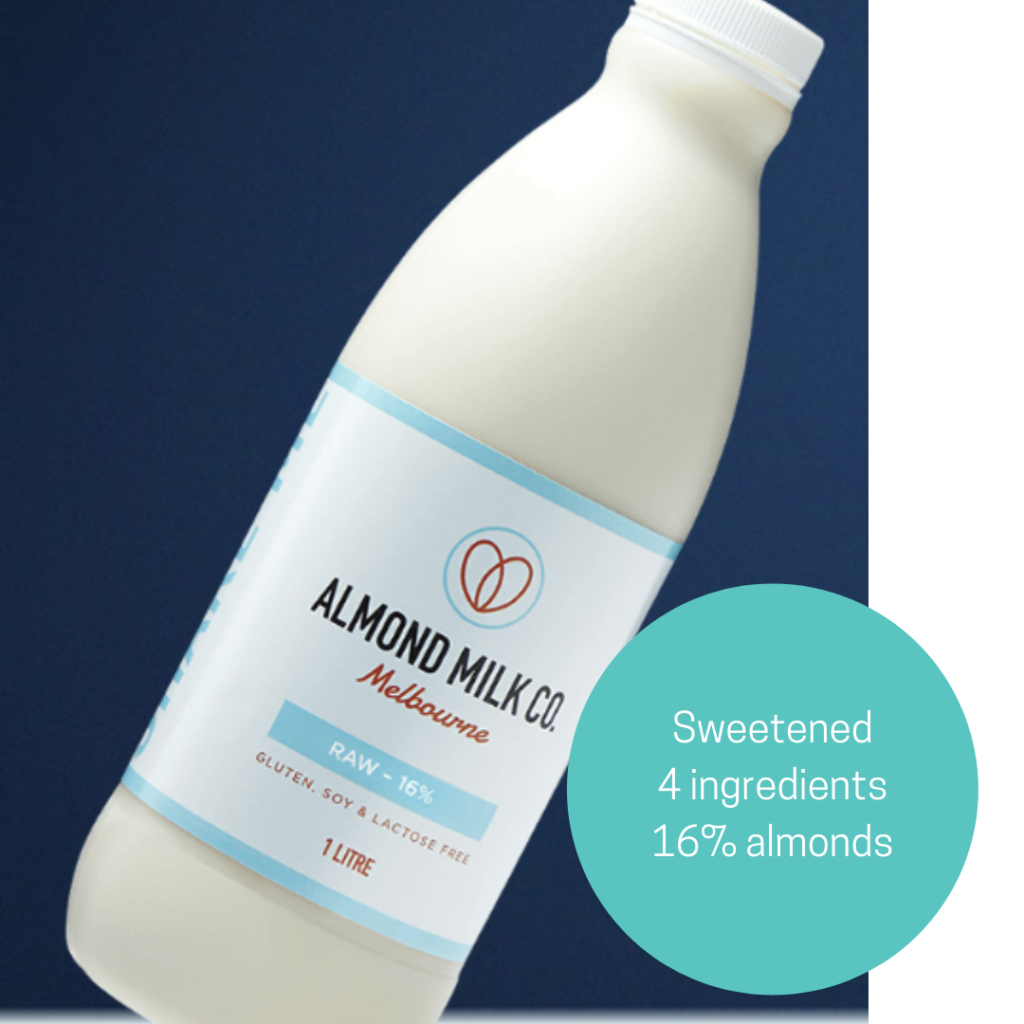
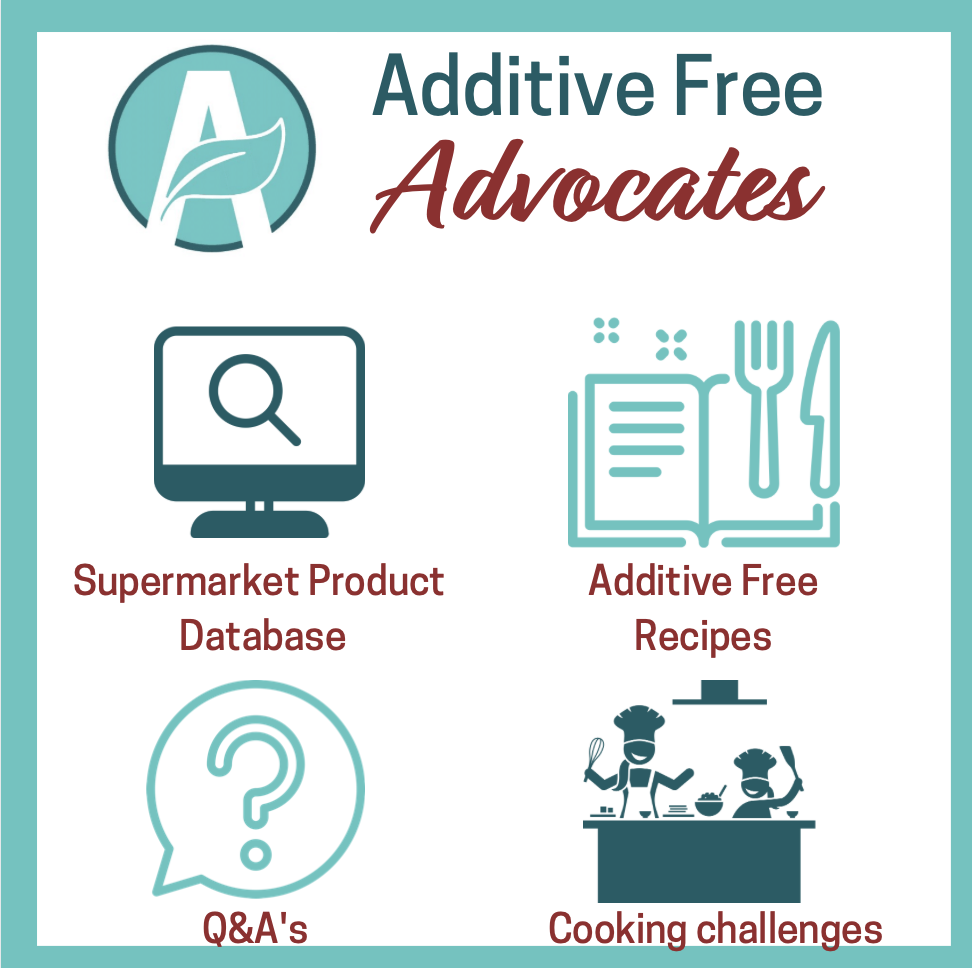
 My passion and mission is to work with families to reduce the overwhelm when going additive free. Moving to additive free living can bring back peace, calm and joy to families. I know it's possible and I've experienced it first hand with my 5 boys.
My passion and mission is to work with families to reduce the overwhelm when going additive free. Moving to additive free living can bring back peace, calm and joy to families. I know it's possible and I've experienced it first hand with my 5 boys.




Wow, I checked the Almond Milk in my cupboard. It is the Pureharvest activated Almond Milk in your ‘better’ list but I was amazed as the packaging is nearly identical to the Pureharvest unsweetened variety which is on your ‘avoid’ list. I actually thought I had the avoid one until going down your list. Thank you for your effort.
You are welcome. The packaging is very similar. I had to do a double take a few times myself!
I can’t see the Aldi one on there but will go and check out the ingredients now that I’m armed with all your valuable info!
There were two Aldi ones – Inner Goodness and their Organic brand. Let me know if there is another. However, you know have the knowledge to keep an eye out too x
Great review Frankie, I knew the Nutty Bruce must have been better given its price but now I can easily justify the extra cost
Thanks x
And the fact they charge an extra surcharge for these almond mills that are on the avoid list. I would be happy to pay the surcharge for quality. I think I’ll go back to milk in my take away coffee now after reading this article, thank you Frankie.
You are welcome Michelle x
Would be great to see Rice milk options, as this is the most allergen friendly that doctors recommend to parents when feeding newborns of they show early signs of allergy, then weaning them to mylk either with rice milk formula or regular formula.
I would also love to see a post on regular dairy formula!
Hi Daniella
Almond milk was the most popular milk as voted by the AFK community.
Personally, if I was feeding to a newborn, my best option would be to make your own. I haven’t looked at any formulas. The last time I looked I wouldn’t have been able to recommend any. I was advised to use fresh goats milk for my twins when they were displaying allergies.
Wishing you all the best
Frankie
x
LOVED this article! Thank you for all the effort! I thought MilkLab is the safest choice! On your best list, I can’t tell what the one in the jar is.
You’re welcome. The one in the jar on the best list is: Almo
Nuts by Nature Mylk will also end up being on the best list once they have made a couple of tweaks to their recipe. I will notify everyone when this is ready. This will be a great product for baristas to use and there is a jar for home use too 🙂
Thank you so much for this advice. I have been giving my dairy intolerant son the So Good Almond Milk for a few years now. I didn’t realise there were so many extra additives etc. I will switch to the Nutty Bruce brand!
You are welcome! Consumers just don’t have time to do the analysis of which brands are better and to work out all the thousands of different ingredients! Glad the blog helped you!
Frankie
x
Wow! Thank you for all this information. I’ve just recently started considering additives with my almost two year seeing to get a bit hyperactive at time and she is a terrible sleeper some nights. Turns out the almond milk I am giving her every night before bed, and during the night (so good unsweetened) is on your avoid list! Here I am worrying about chips when she’s getting all those nasties in her milk – and I’m a stickler for reading labels and ingredients! Turns out their packaging is great at deceiving. Really interesting info about the synthetic vitamins too. Makes me wonder about the multivitamins I’m taking too! Thanks again. This website has been invaluable and I can see how much time and effort you have put into it for other people’s benefit.
Whoops. Some autocorrect mistakes there that I should have proof read first!
It should say ‘my almost two year old, seeming to get a bit hyperactive at times’
You are very welcome. I am glad it has helped you! Don’t get me started on multivitamins…that is another blog post in itself!
Thank you so much for this read. I had blindly been going to my local health food store for advice on food. It appears that they need to start reading your blogs.
You are welcome! Definitely recommend to them x
Thanks for your comparison. I thought I was doing well with my initial almond milk choice, but have now changed to a better one (with even less additives) based on your review. 🙂
You are welcome, that is great to hear!
Wow thanks for the information. I came across this post whilst researching sunflower oil in almond milk because I was worried about how many almond lattes I inhale daily. I can’t find out what percentage of oil is in the milk.
Anyway I have been drinking mainly Milk Lab so I will be armed with you info next time I go into my local cafe ( where I spend a lot on my addiction)
Thank You
So glad you found us Fiona!! Great work, go forth and let me know how your conversations go!
Can you tell me if the almonds have been sprayed with glysophate (Round Up) (recommended ones )
You would need to contact the manufacturers directly to be certain. I have only looked at the product from an additive perspective.
Thankyou for the info!
I am an adult battling with a very bad allergy to carrageenan & have been desperate to find anything to drink, eat, that doesn’t have it in.
Marolyn
You are very welcome. I am glad you have been able to pinpoint your allergy. Have you checked out our Additive Free Advocates Membership, this may provide you with lots of useful information and products to purchase without carrageenan. You can find out more info here:
https://membersadditivefreekids.com.au/advocates-program/
Wishing you all the best
Frankie
x
I live in Australia
You need to add in the list with Unsweetened Pure Harvest ,
They add no oils or sugar.
They add calcium for the consumer..
This is my best option.
Tastes great in coffee !
I stopped having Almond Milk a months ago and my body inflammation have improved considerably.
Aches and pains are less and a substantial reduction in blood pressure.
Who would have thought the shift away from Almond Milk could have such a positive affect.
Imagine how many thousands of people are in the same boat! Well done for taking responsibility for your own health 🙂
I have been ‘enjoying’ a Milk Lab almond cappuccino regularly but not feeling great afterwards, not ill, but wondering if almond milk created for baristas is all that good. I now see that it is most likely not a good option for me with those gums and additives. And though I am a chronic label reader I have been rather willingly ignorant, avoiding the label of my Milk Lab almond milk.
Oat milk for coffee also has the same effect on me, but worse. It often seems that the thing I really love is the thing that I am most intolerant of.
I do so love a frothy coffee…….but perhaps black coffee is my better choice.
Thank you for sharing your experience with the AFK community!
Could you please share your opinion on https://goodmylk.co/collections/shop/products/almond-mylk-concentrate
Thanks in advance
All product review requests are taken inside our Additive Free Advocates membership.
Thank you for your article! I have had chronic inflammation come up in blood tests. I drink multiple cups of milk lab coffees every single day. I am wondering if this is the culprit
You are welcome, let us know how you go!
How’d you go with this ? I am similar and have been drinking almond milk too.
I make my own almond milk, it’s very easy and has only almonds and filtered water, yes it won’t create pretend froth from vegetable gum and if you leave your coffee standing too long it might separate, but it’s way tastier than any almond milk on sale I have found and cheaper. The problem is when I am not at home, I use nutty Bruce but it still has too many ingredients, just water and activated almonds is all I want , just need a manufacturer to listen